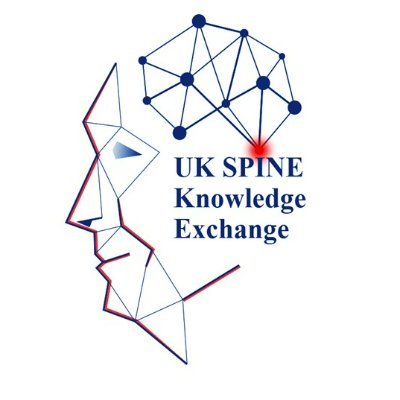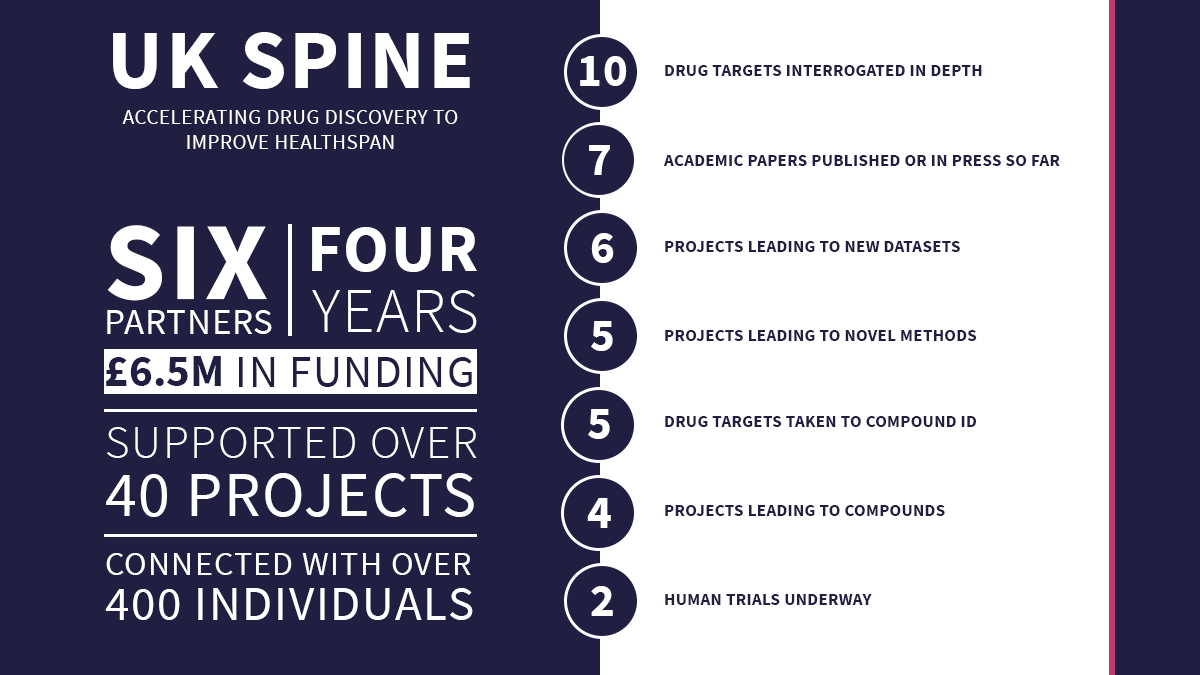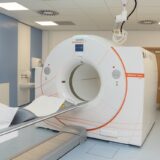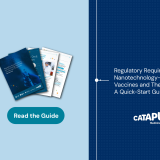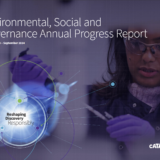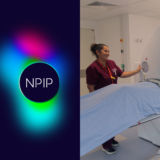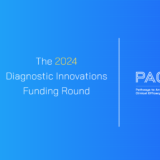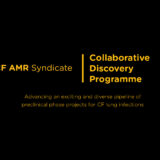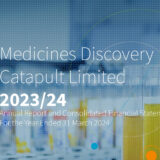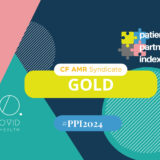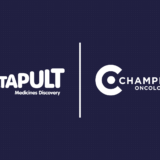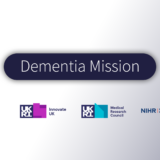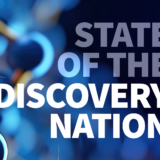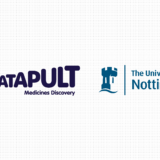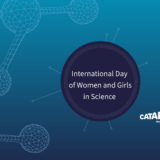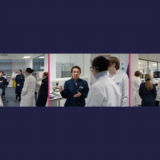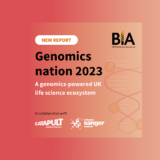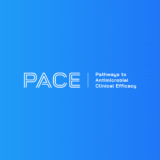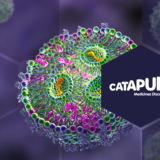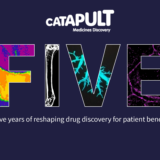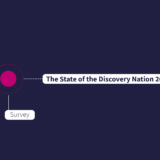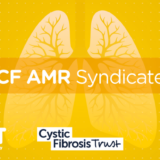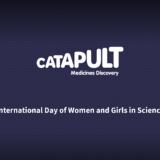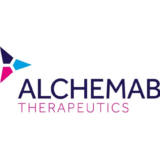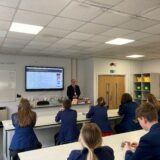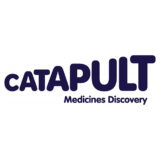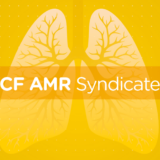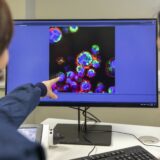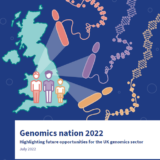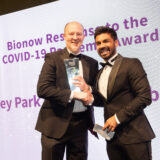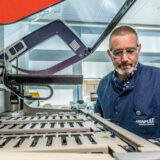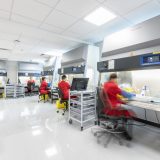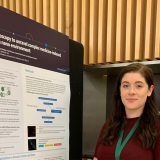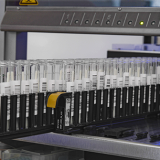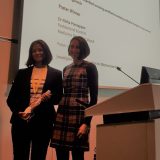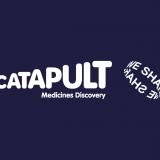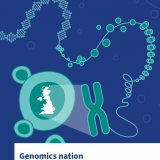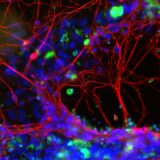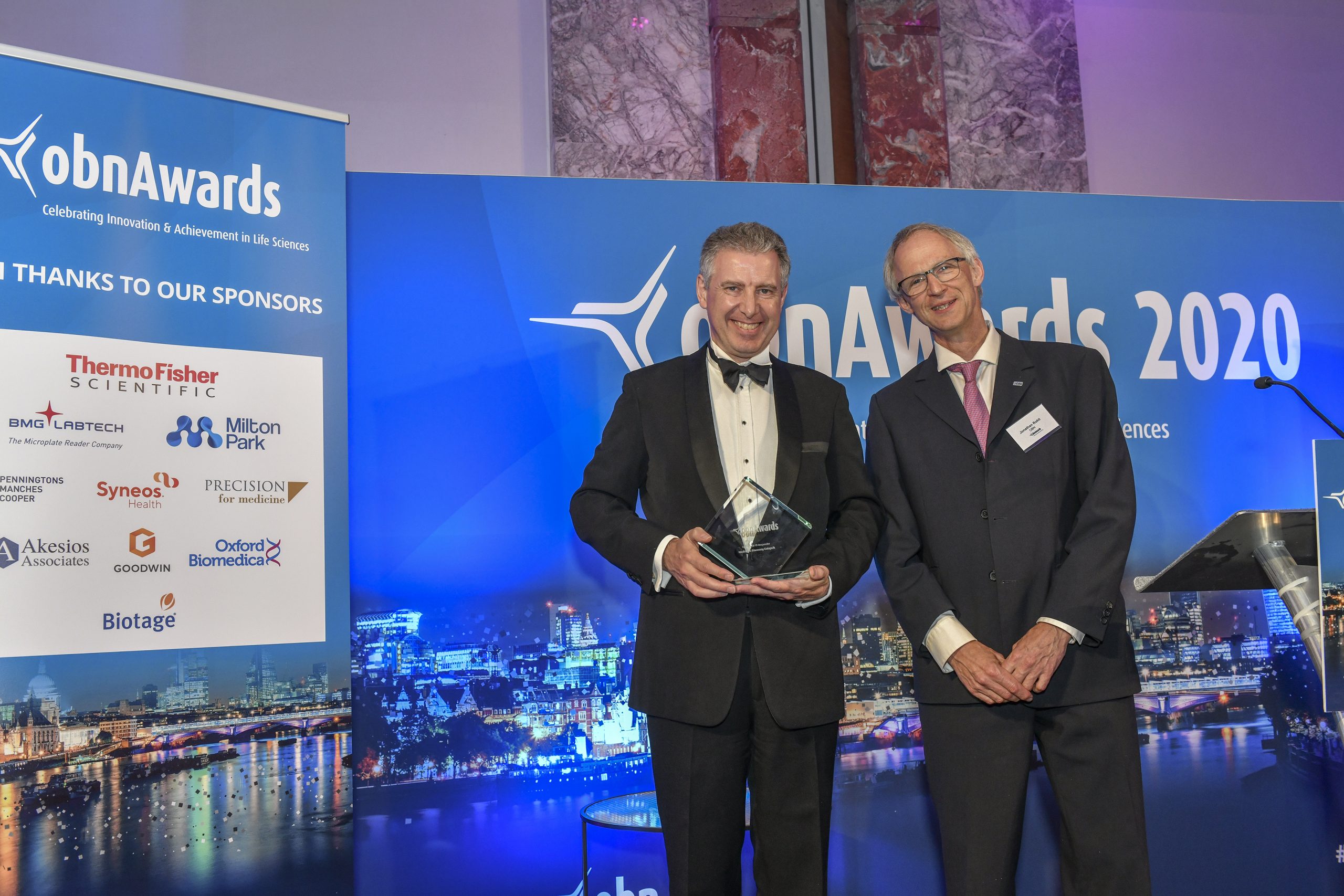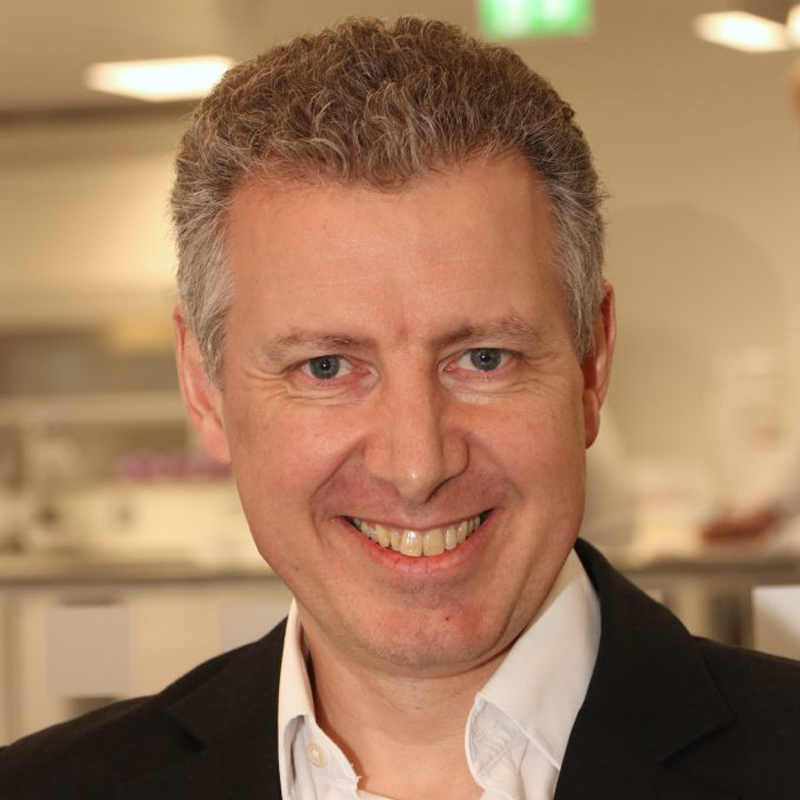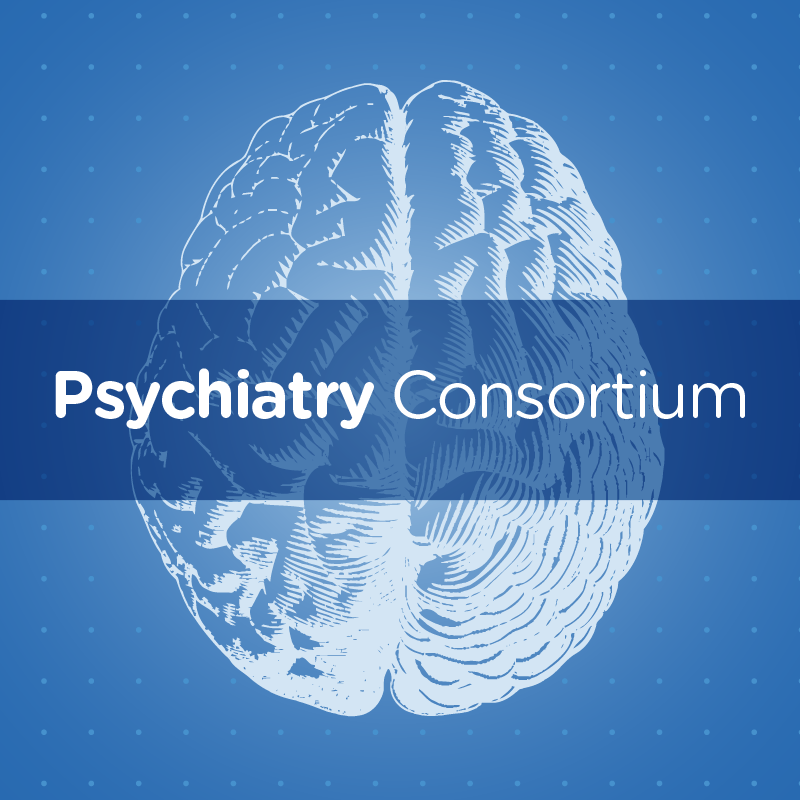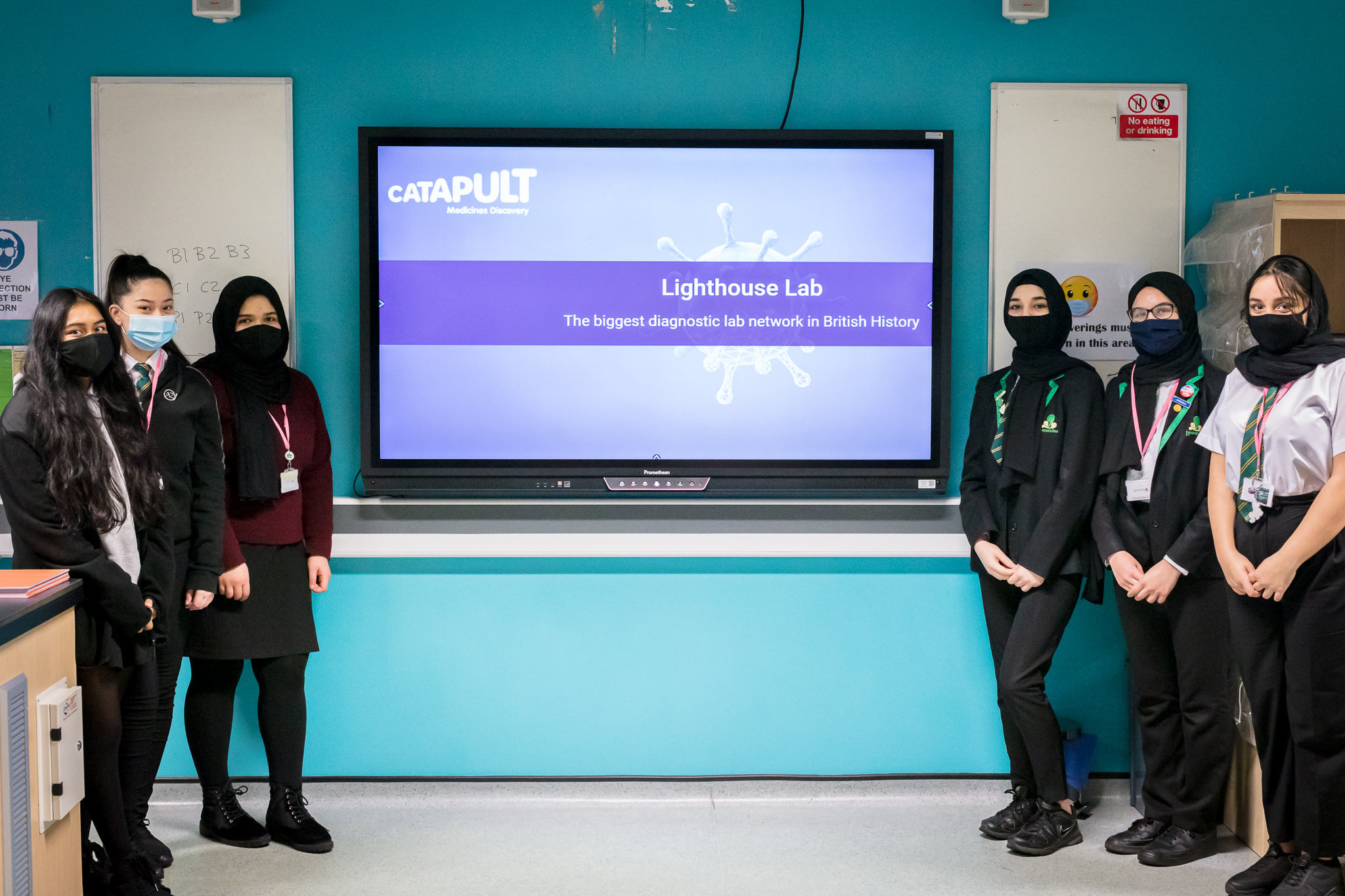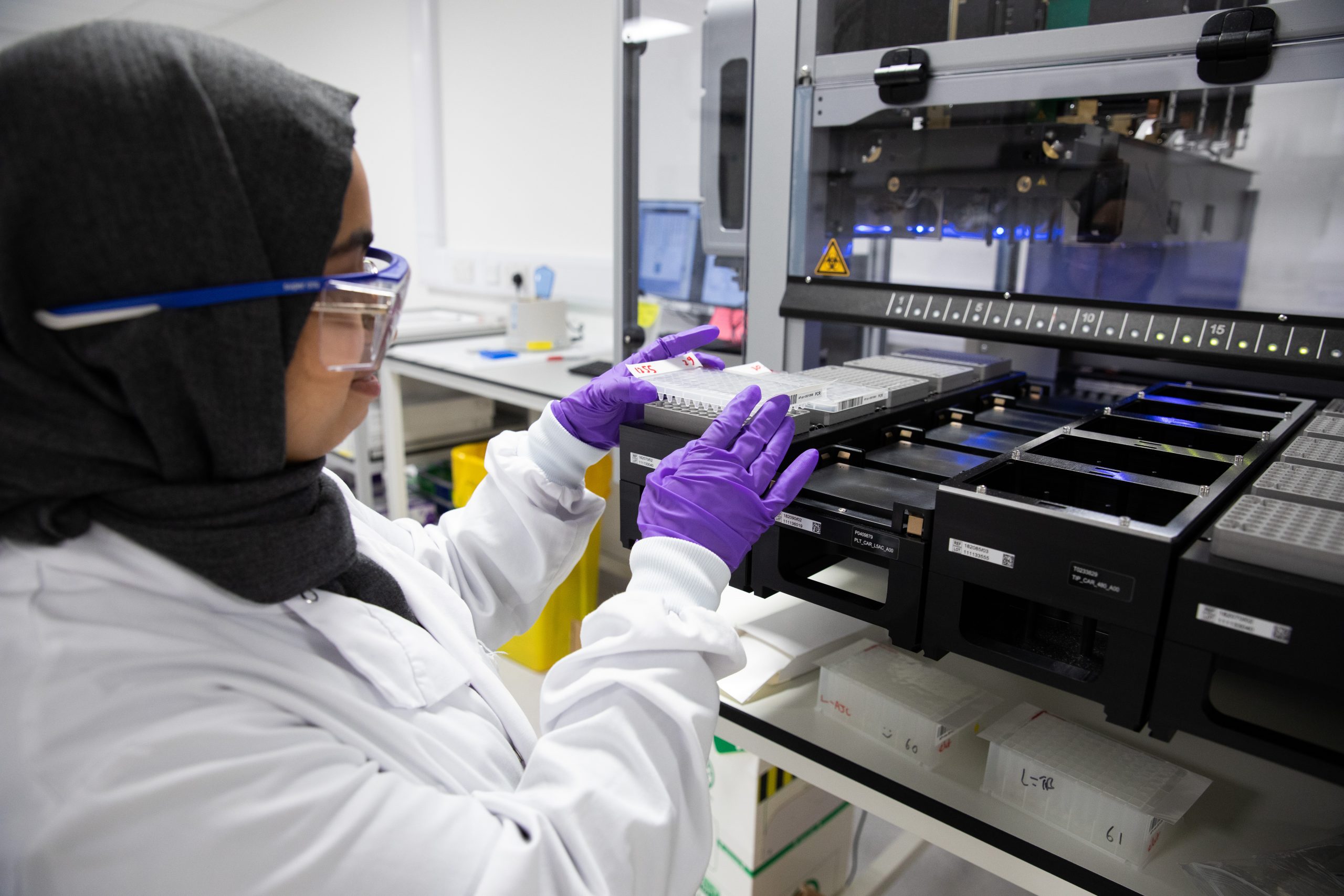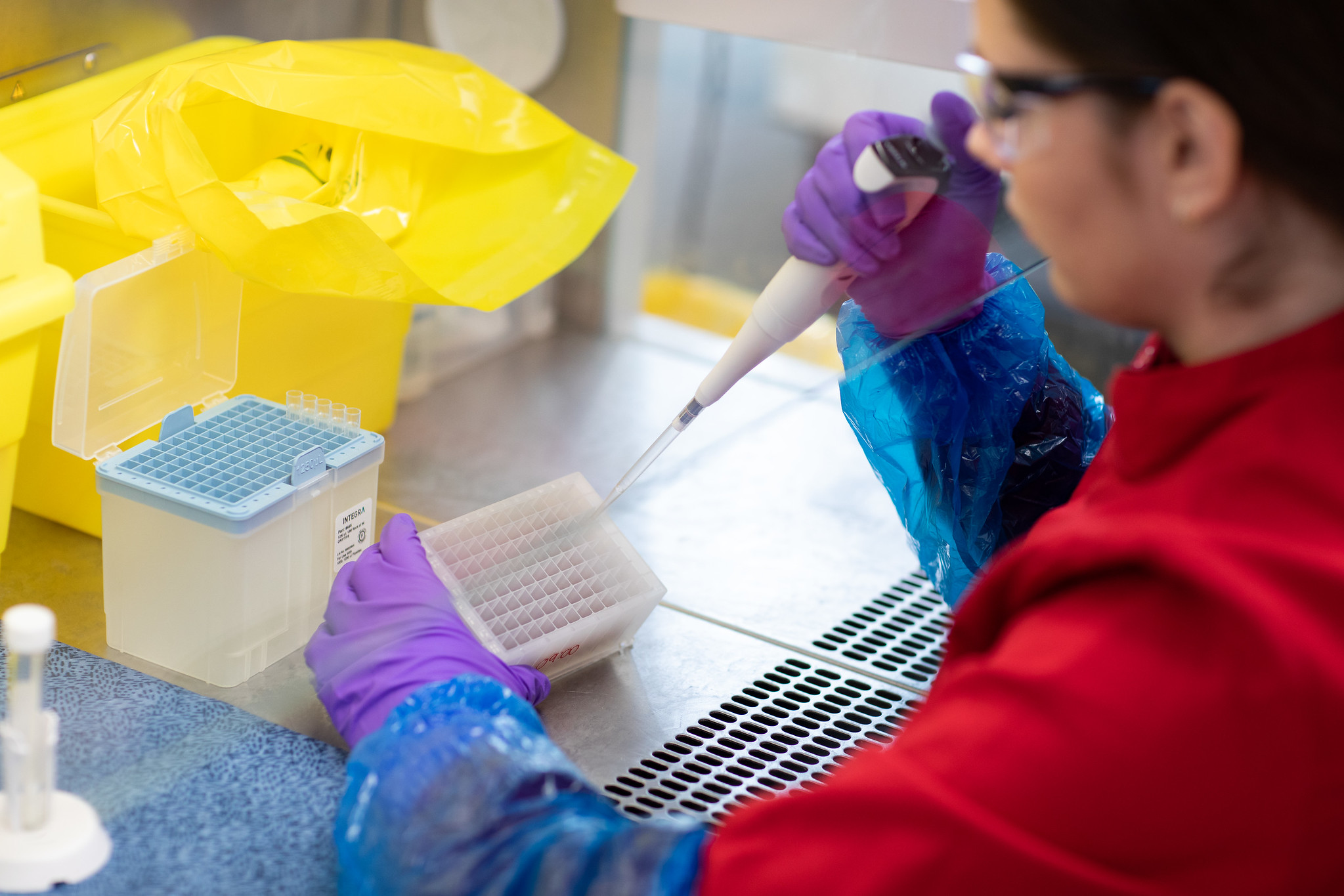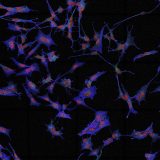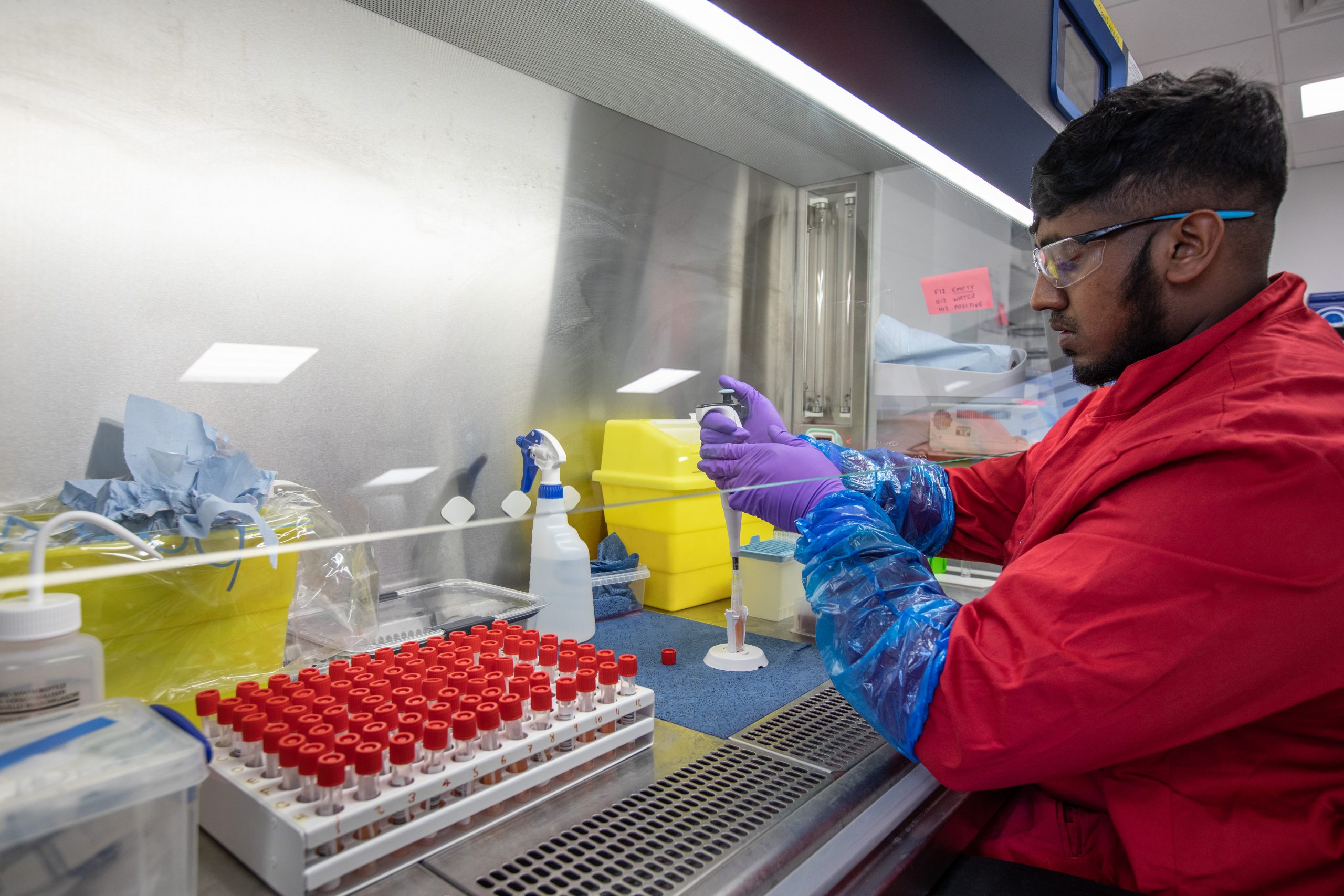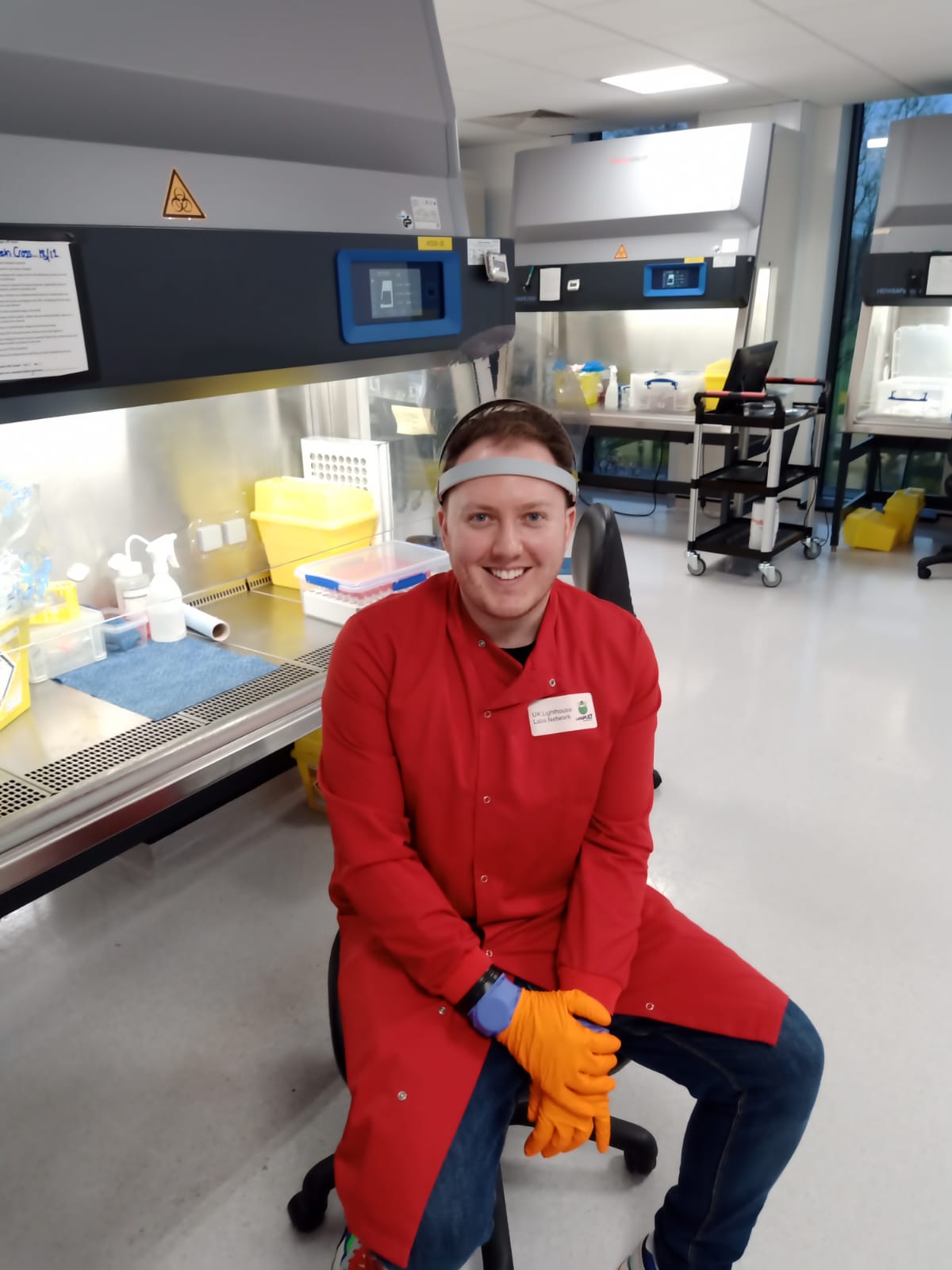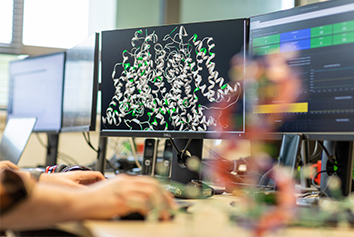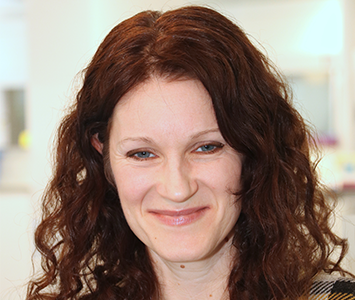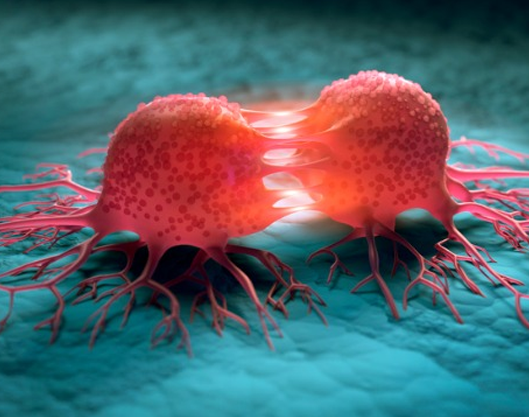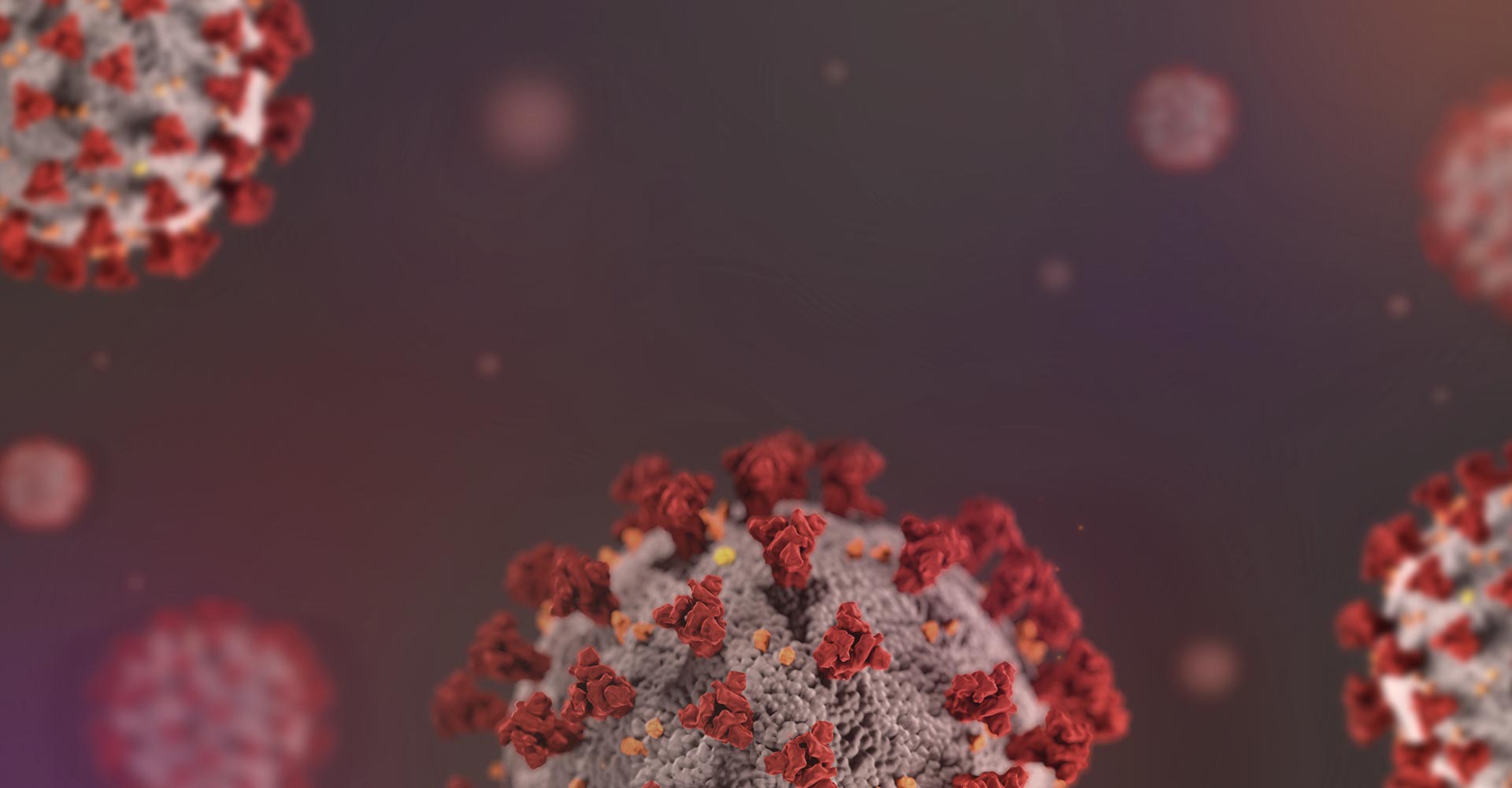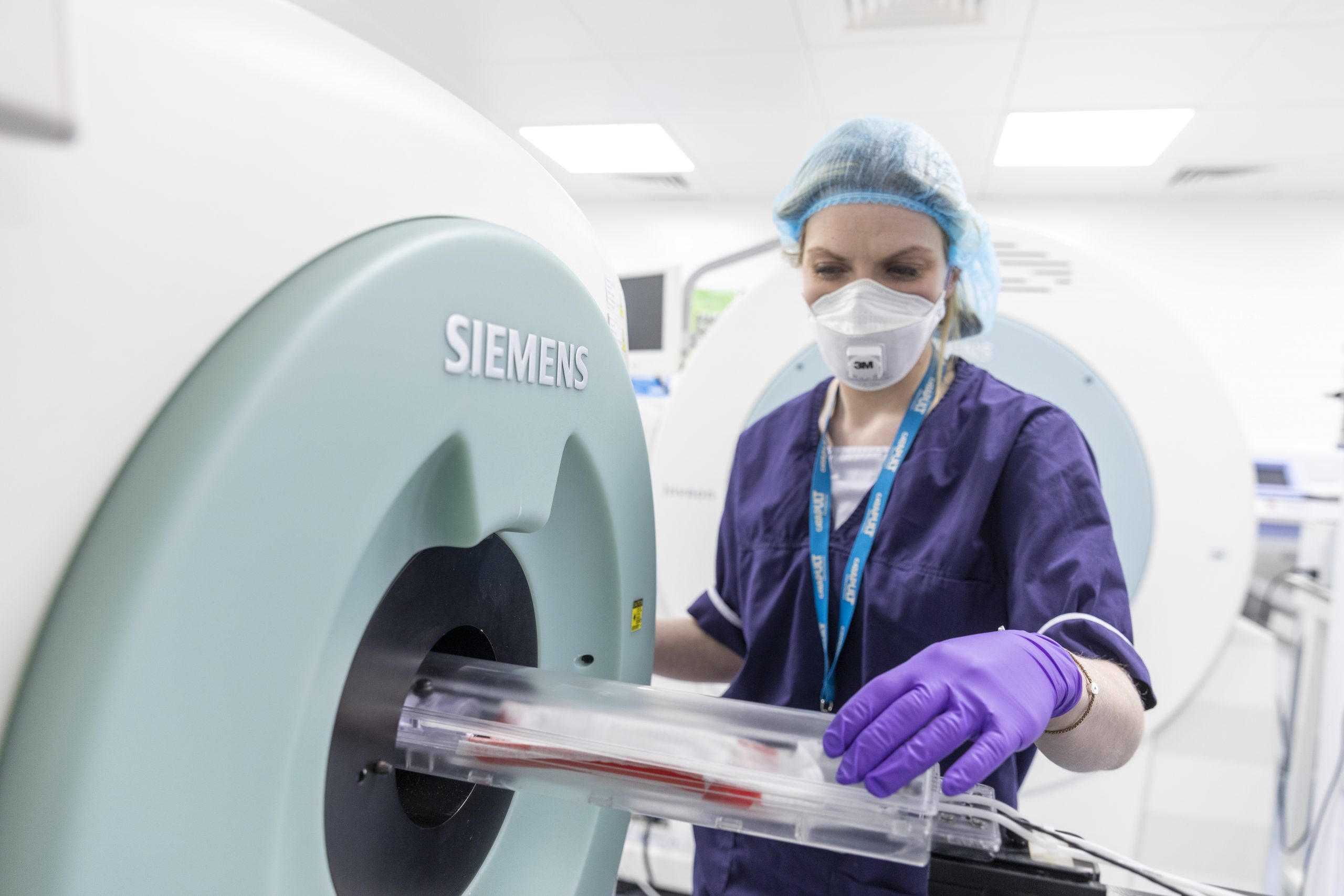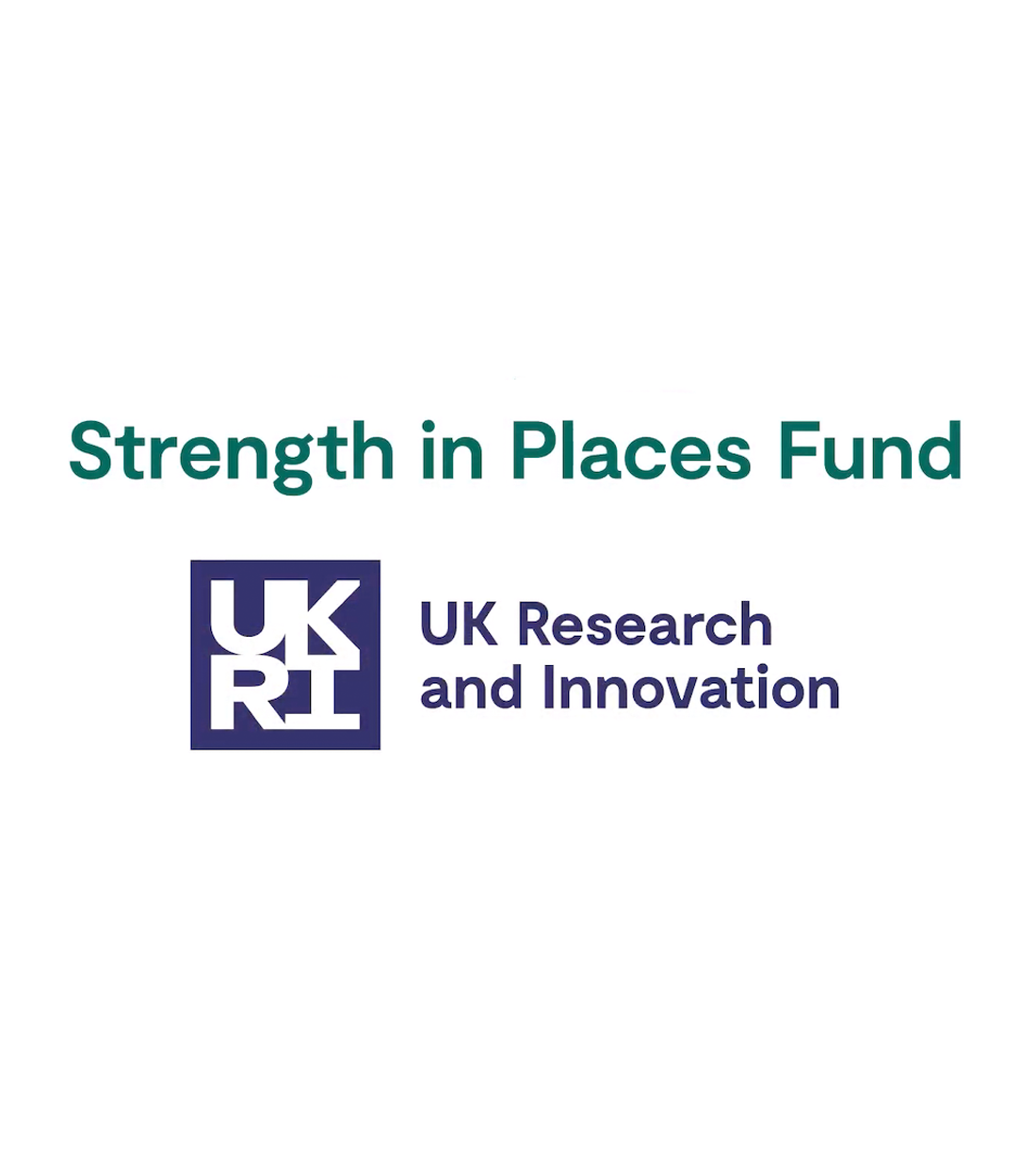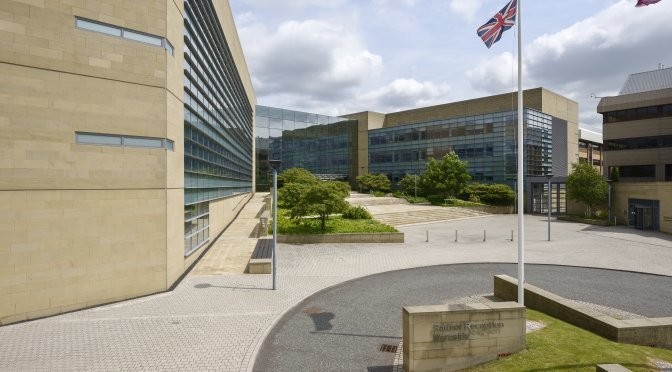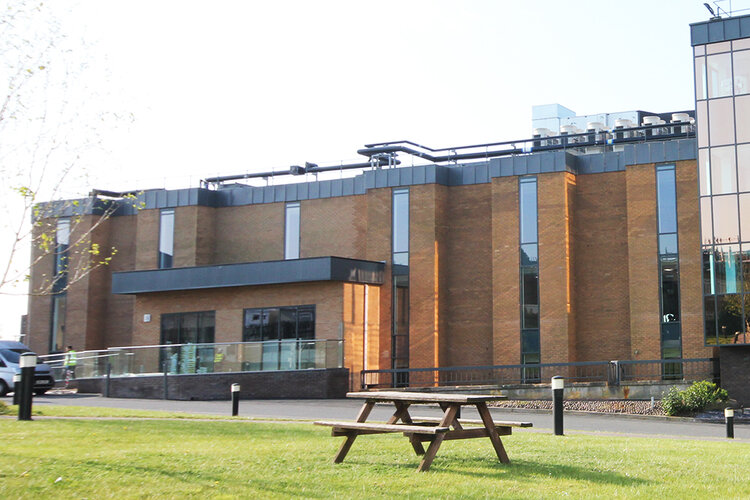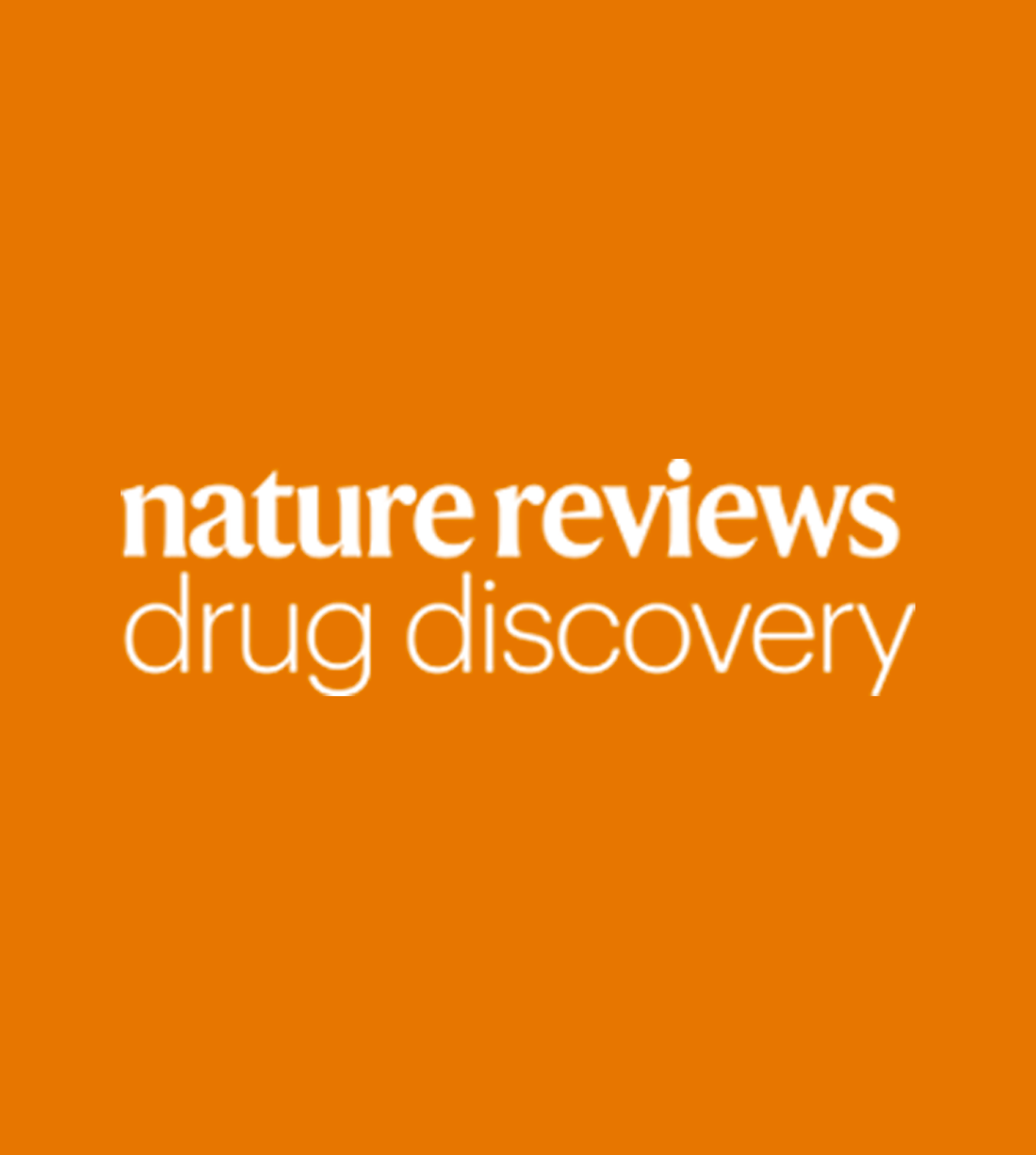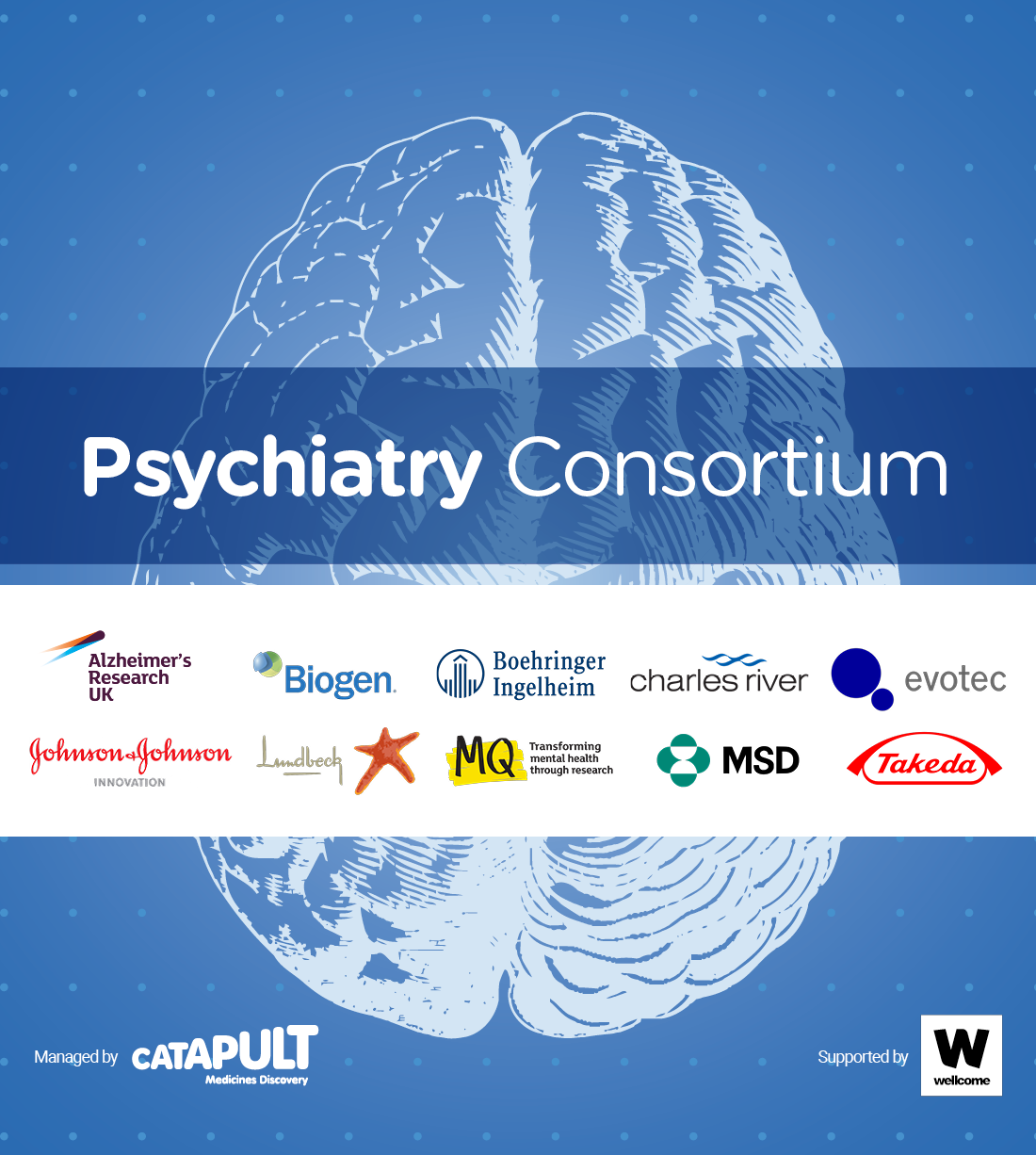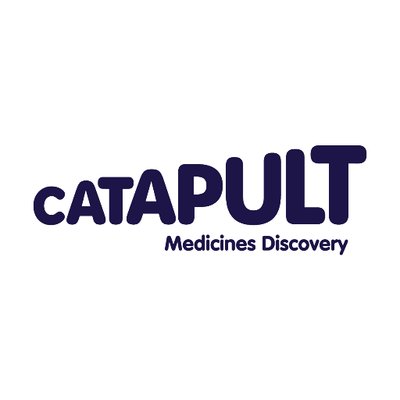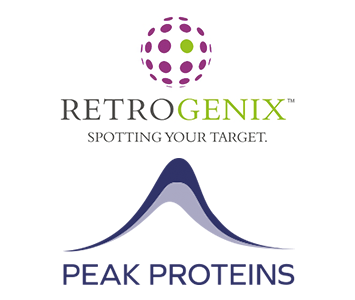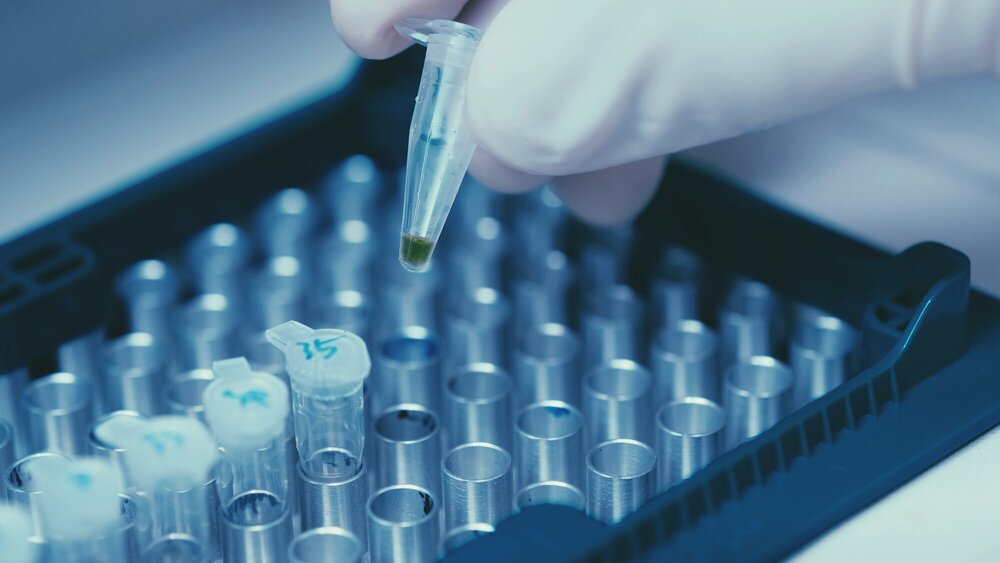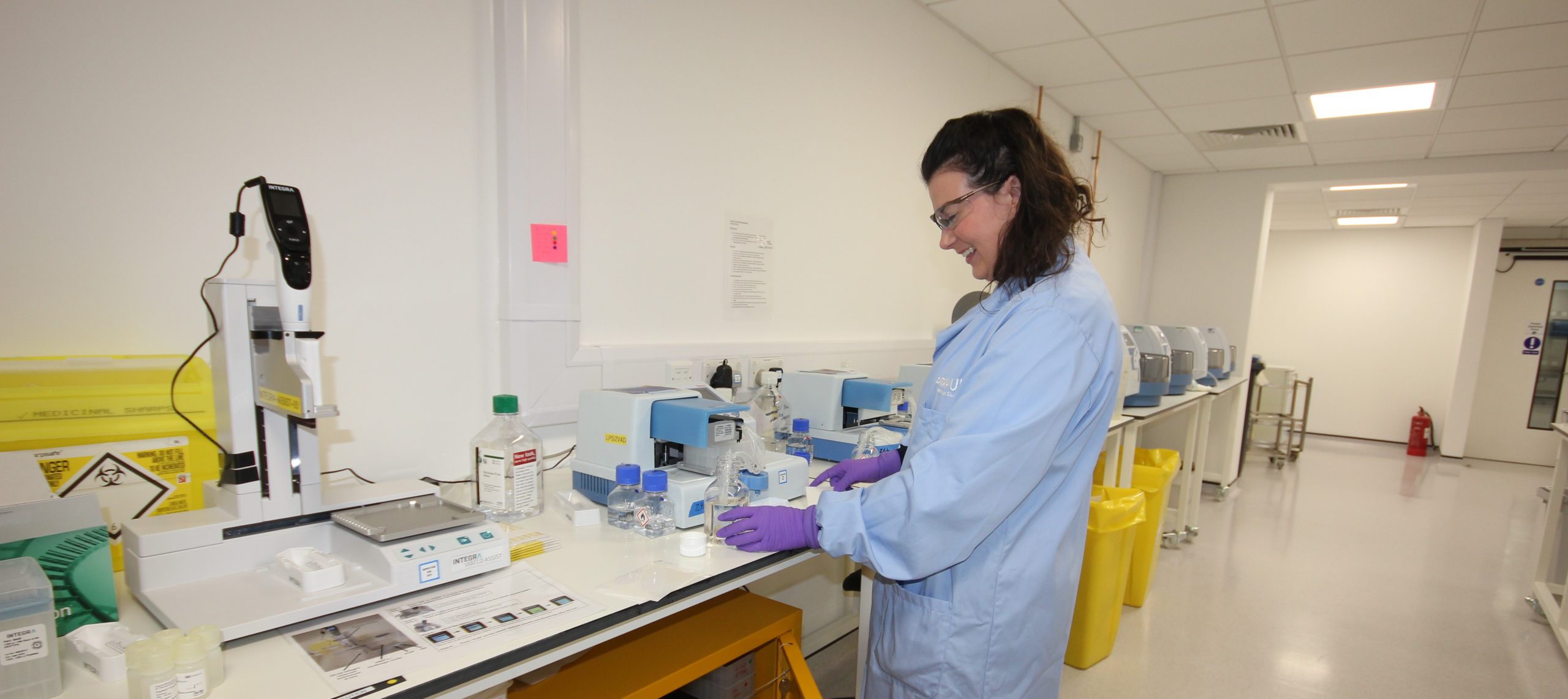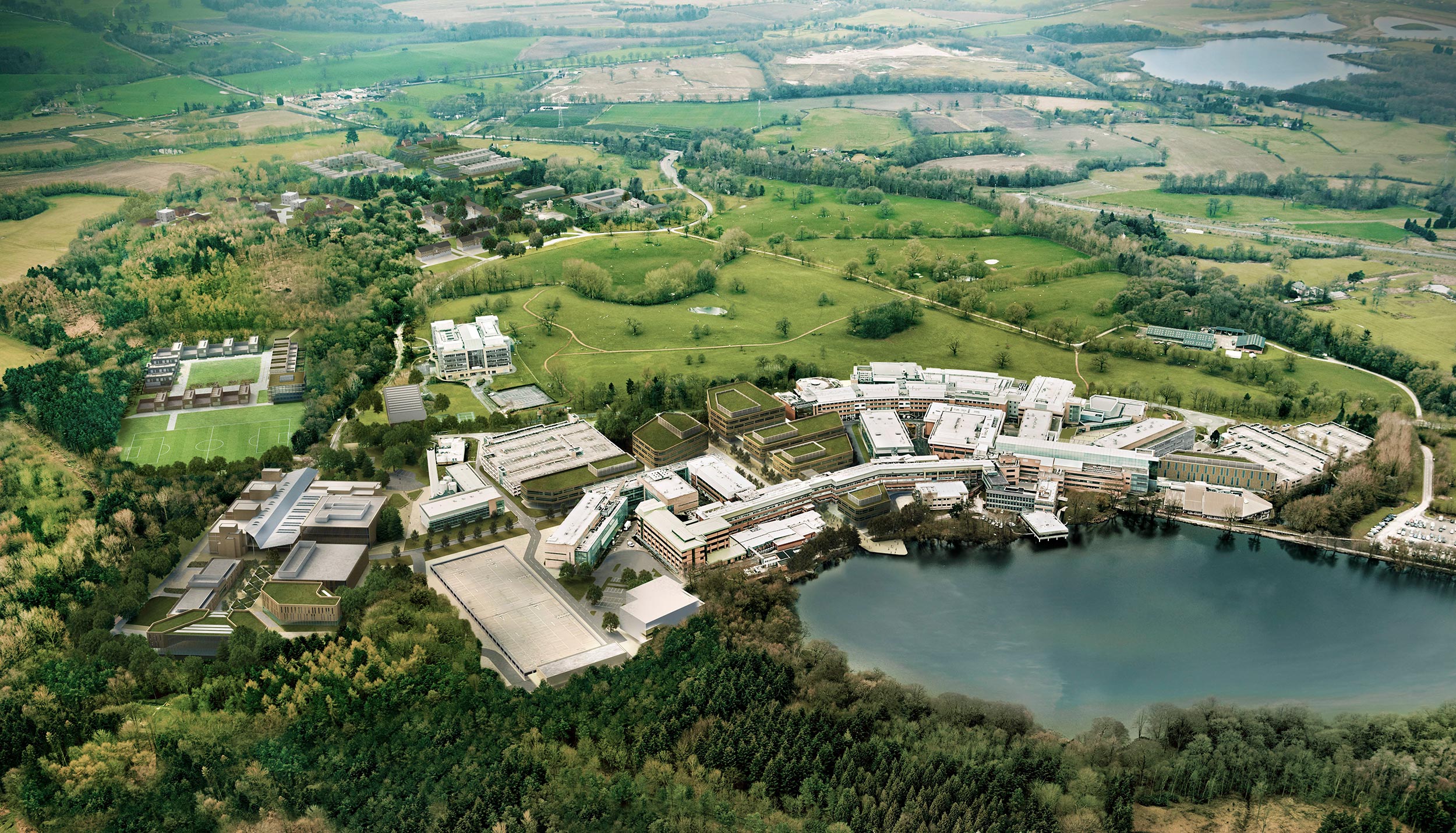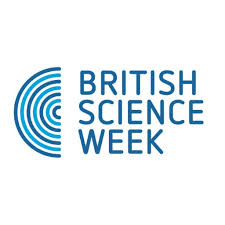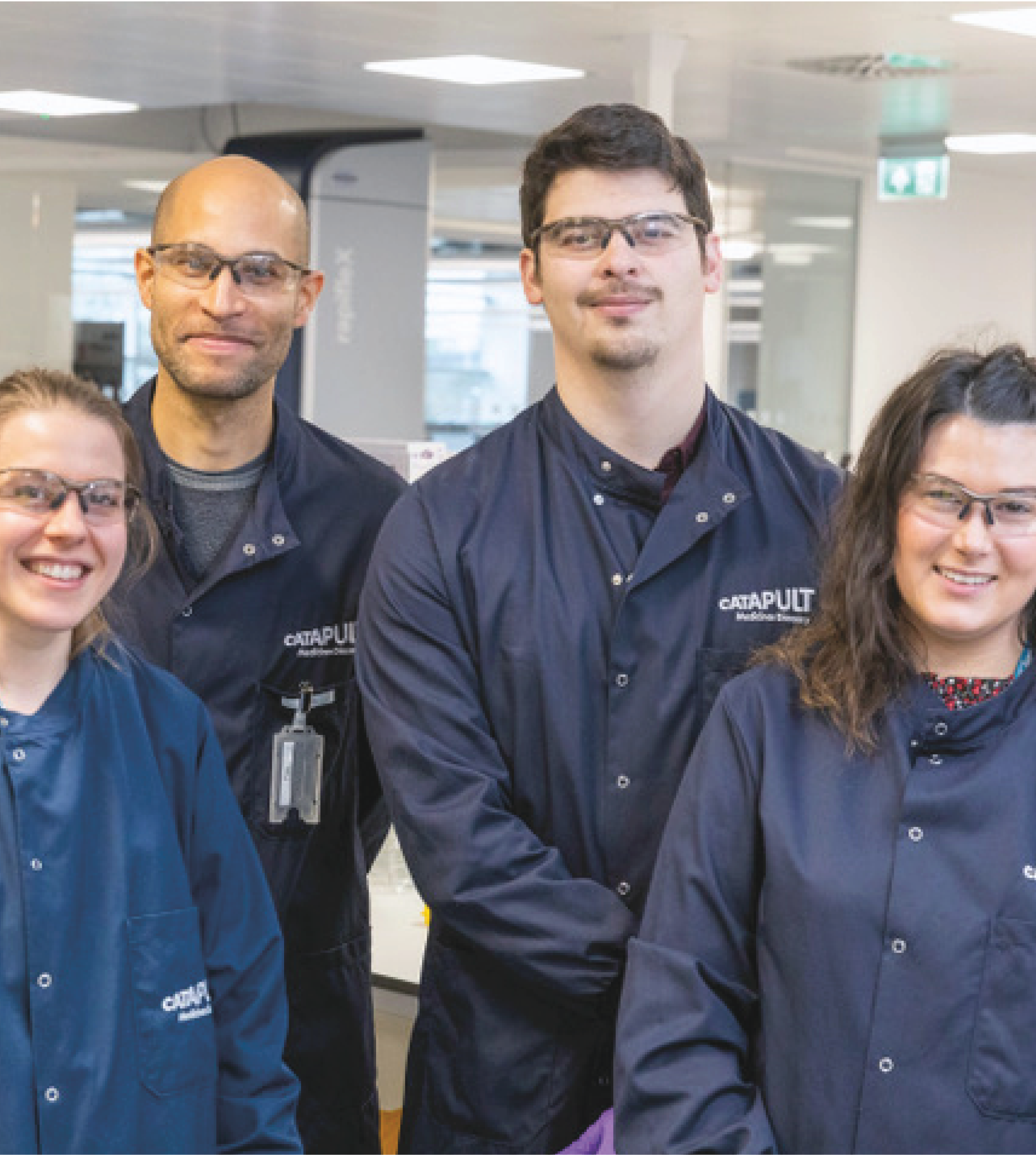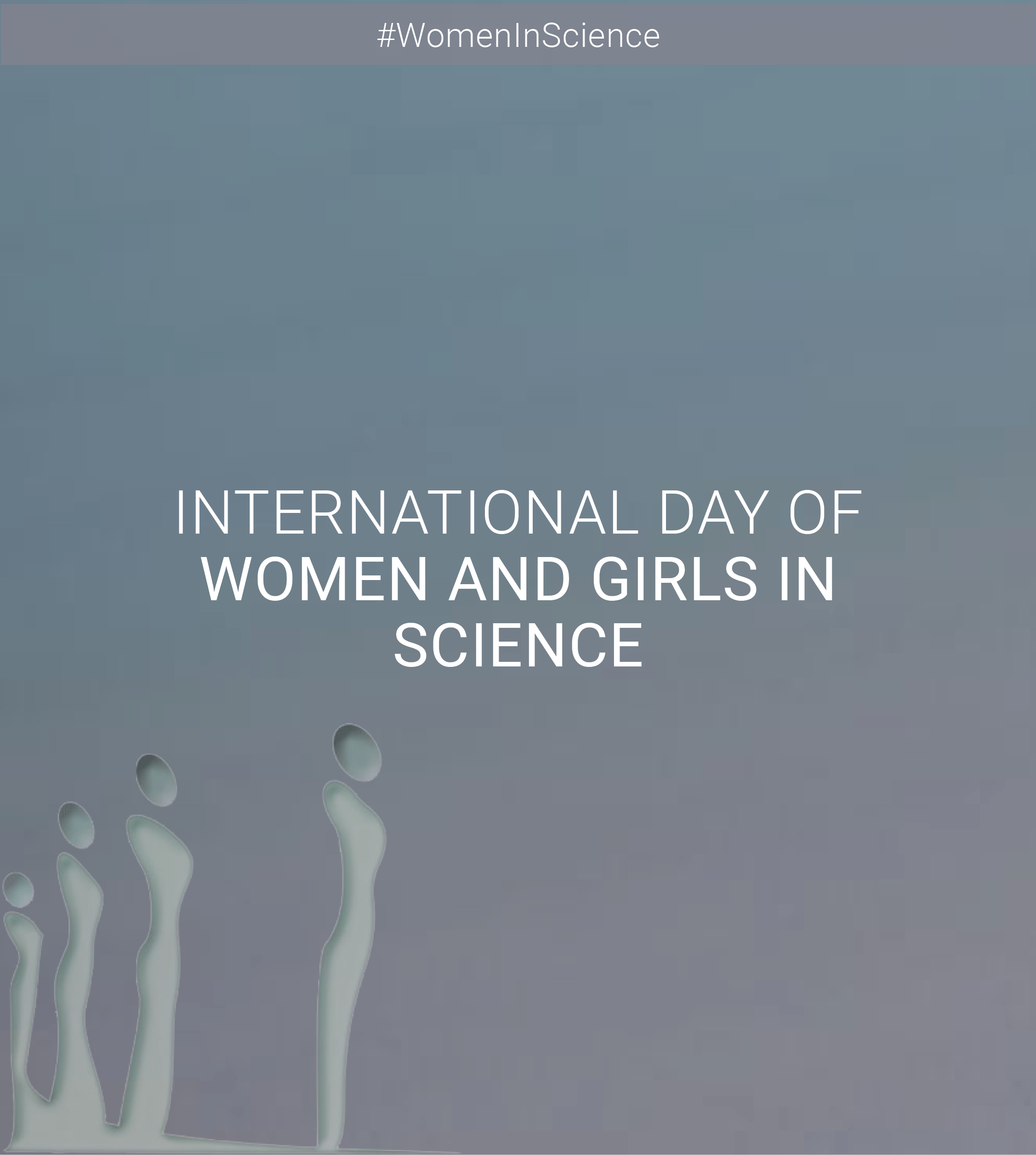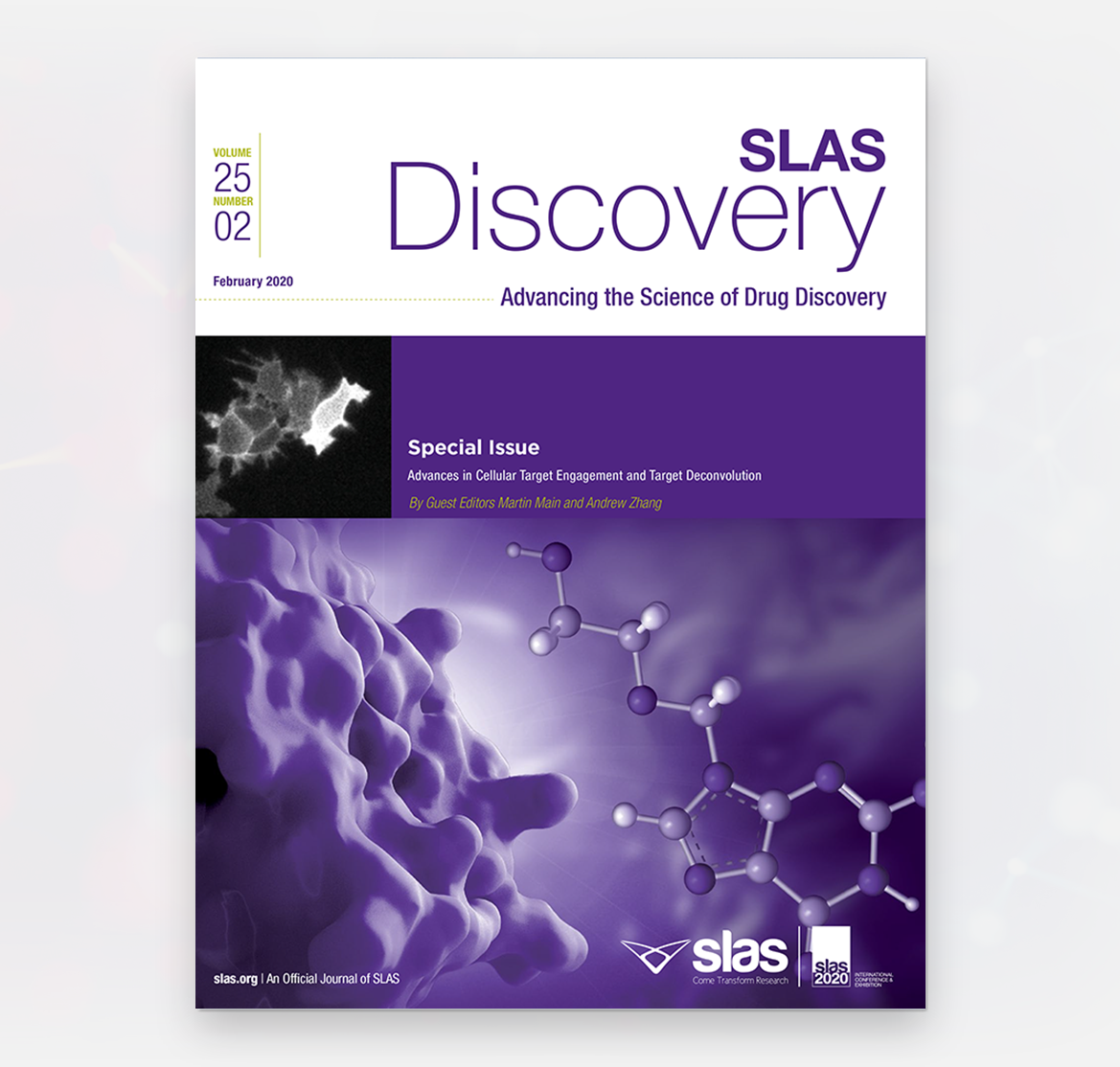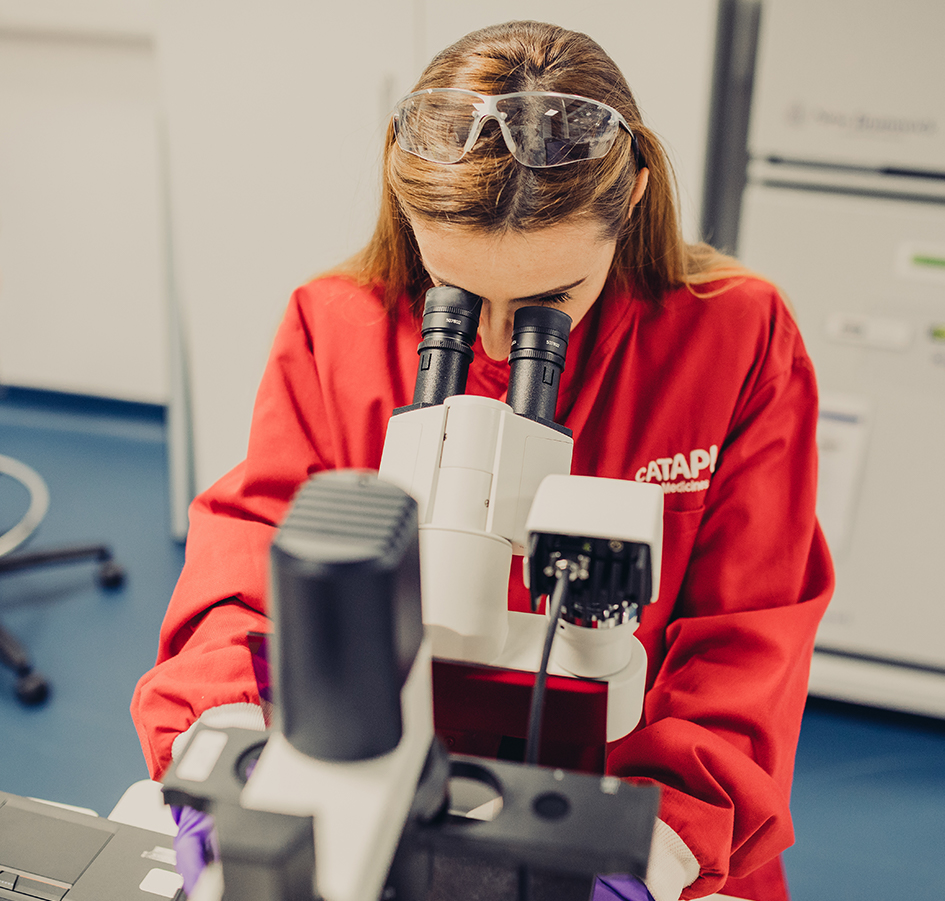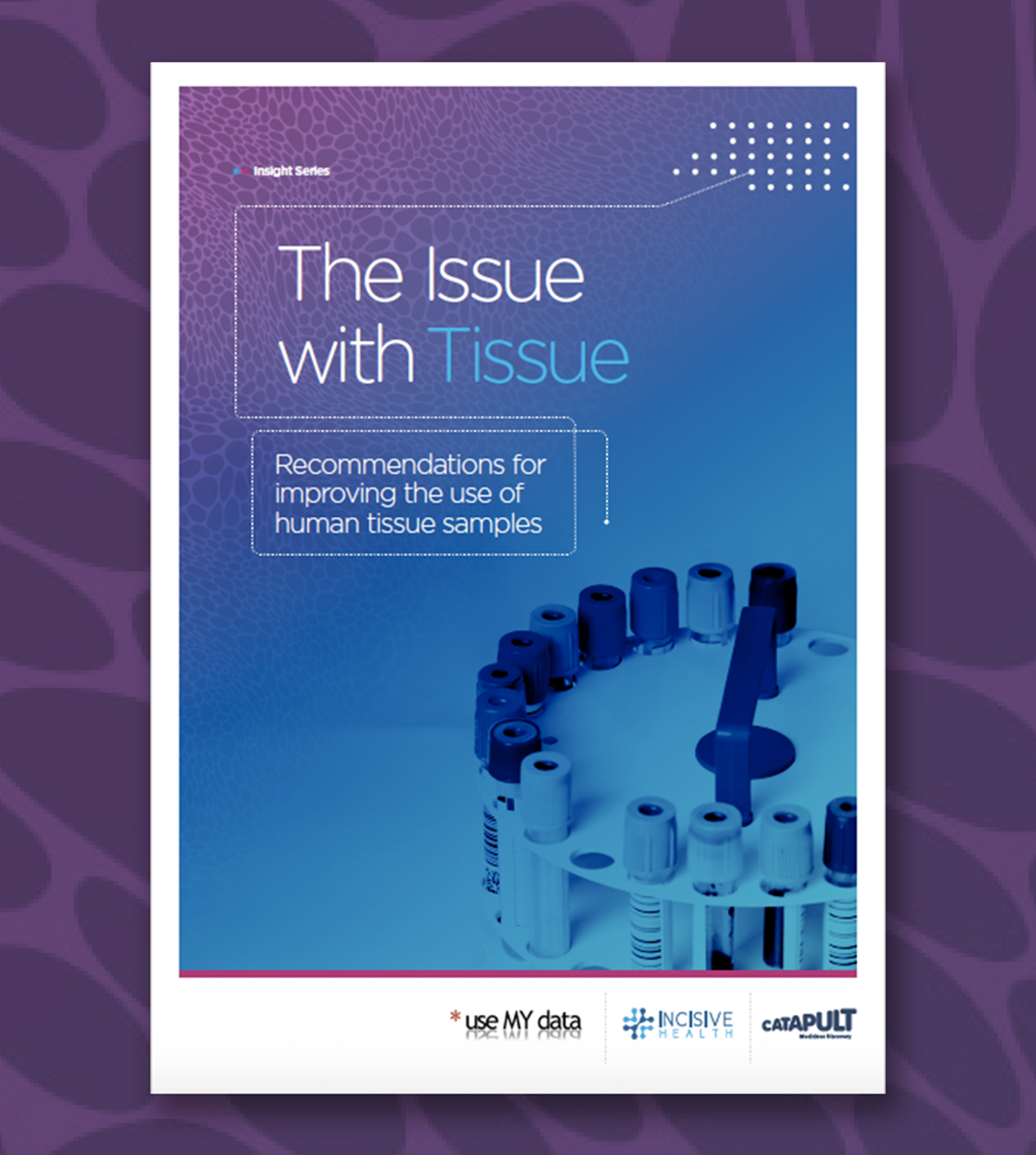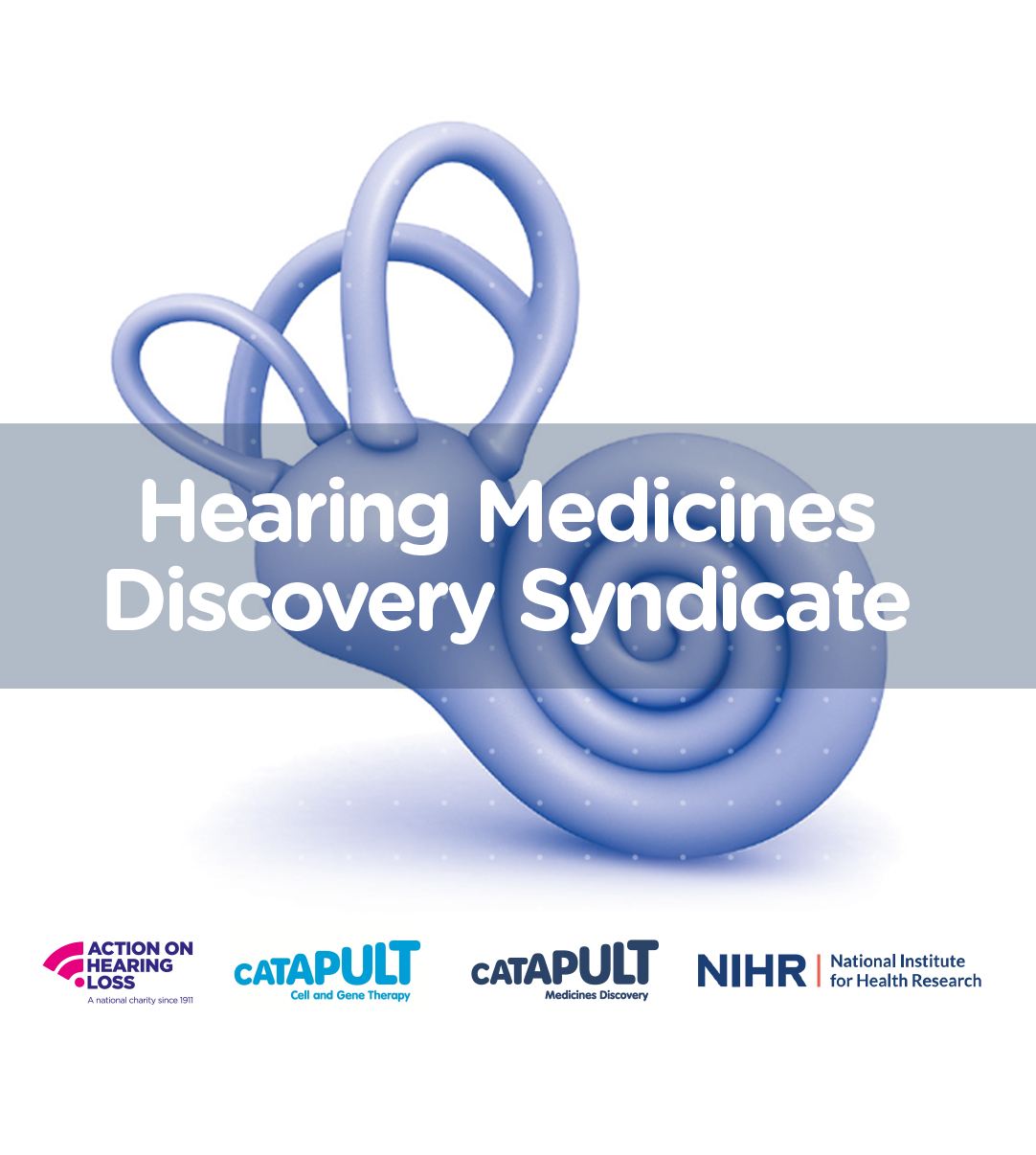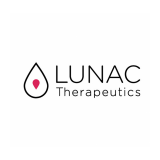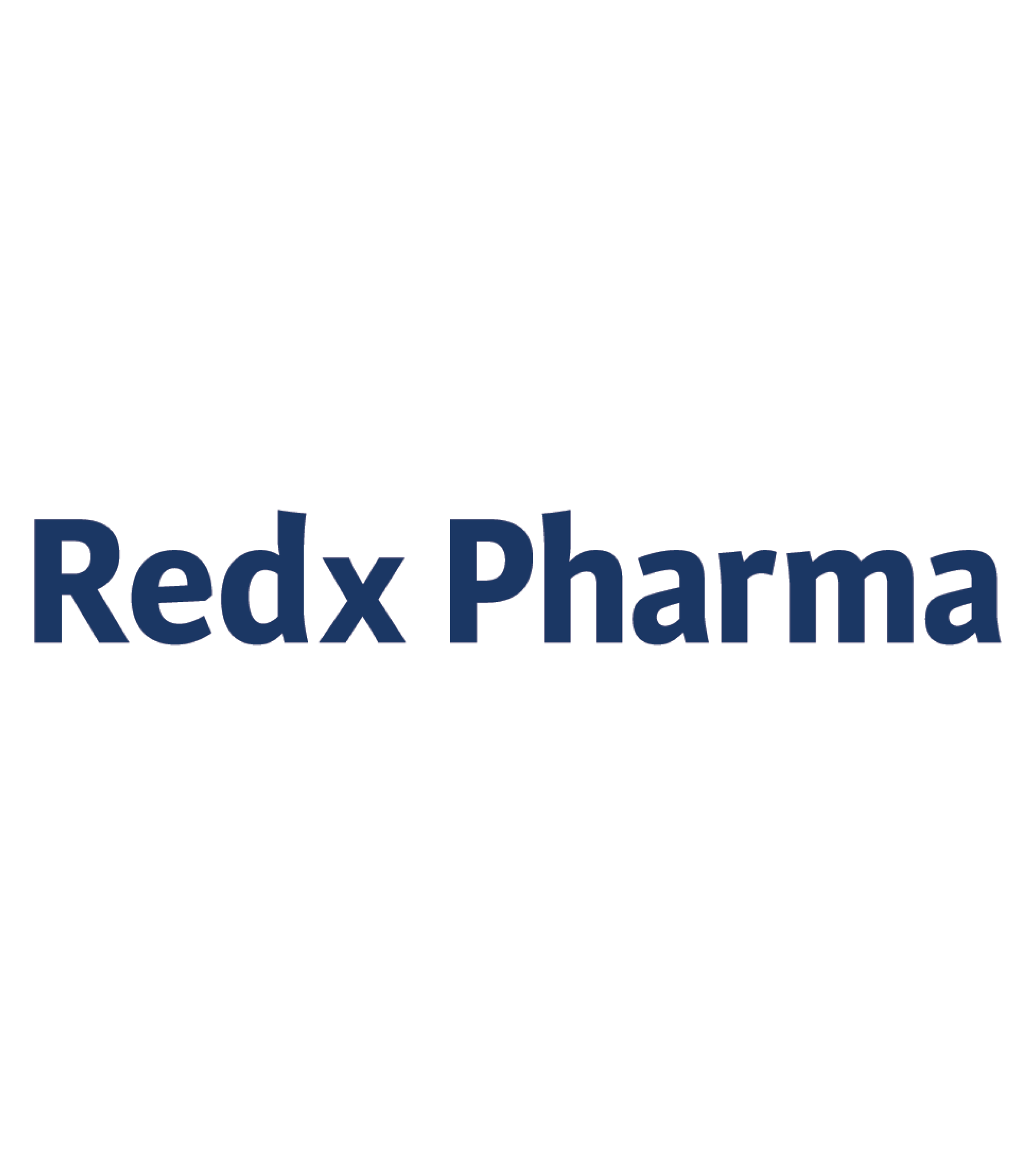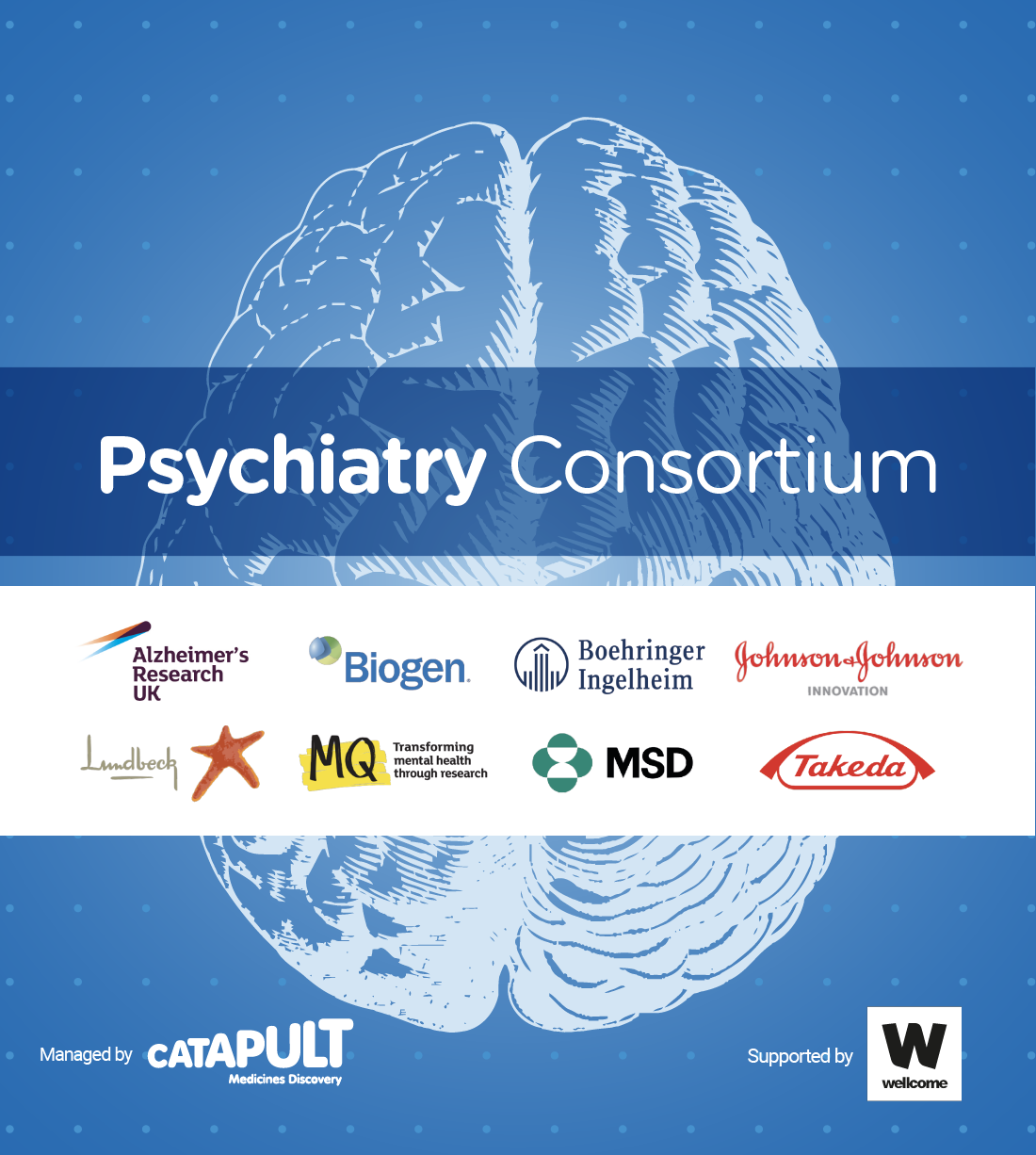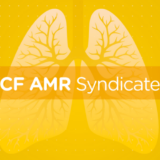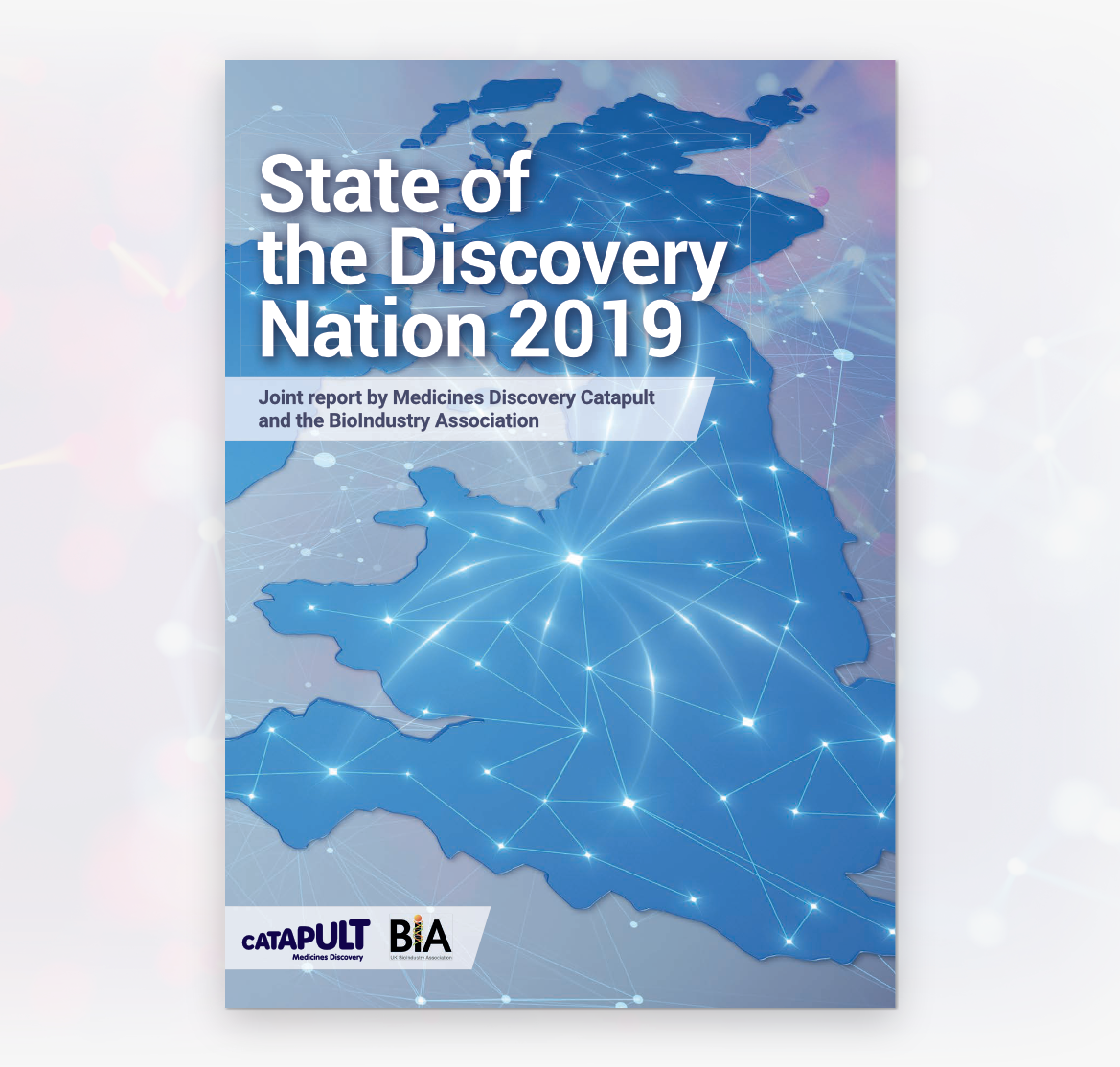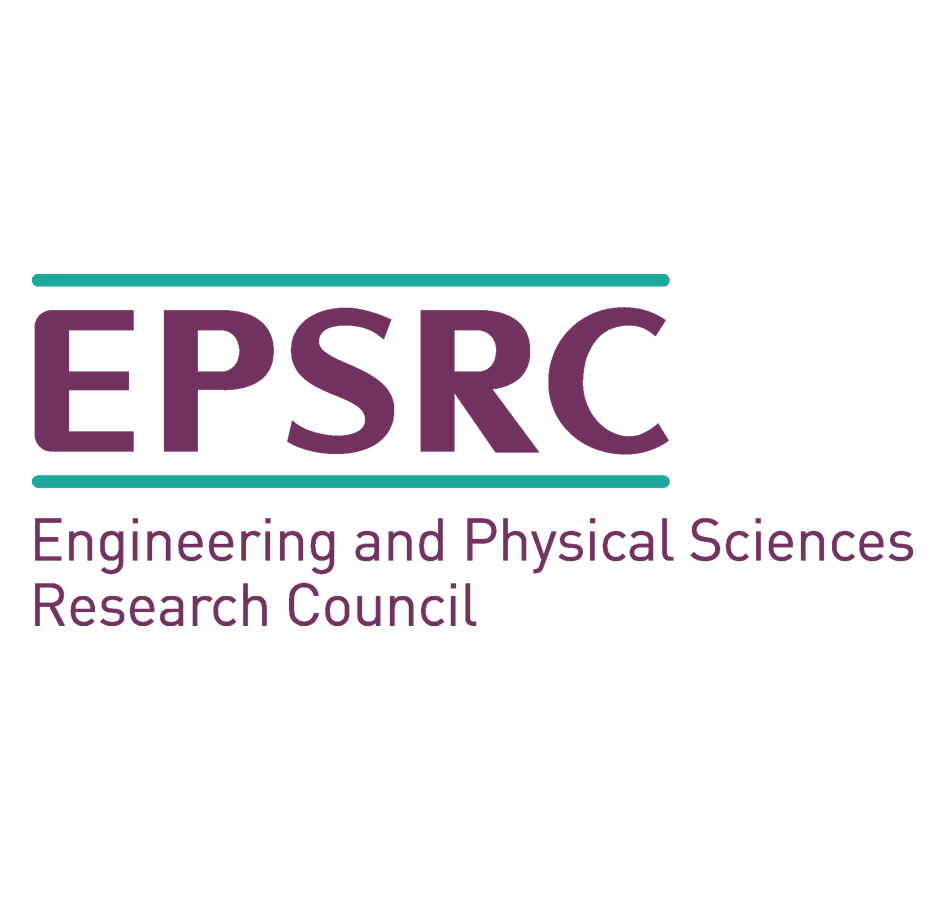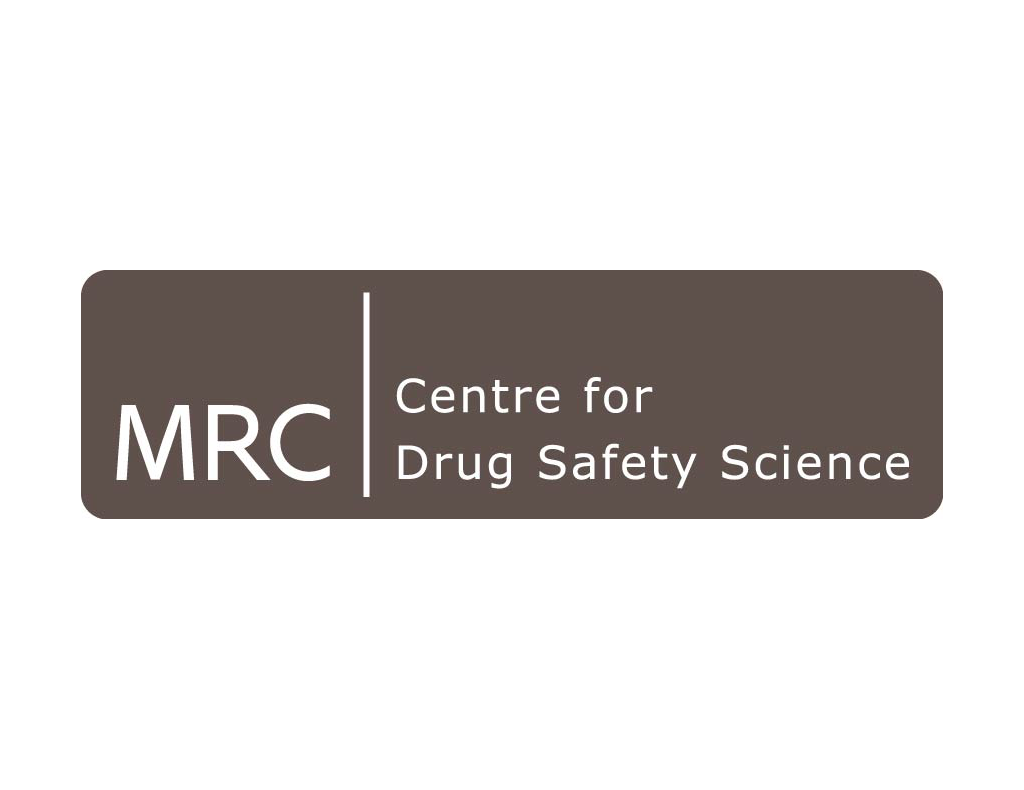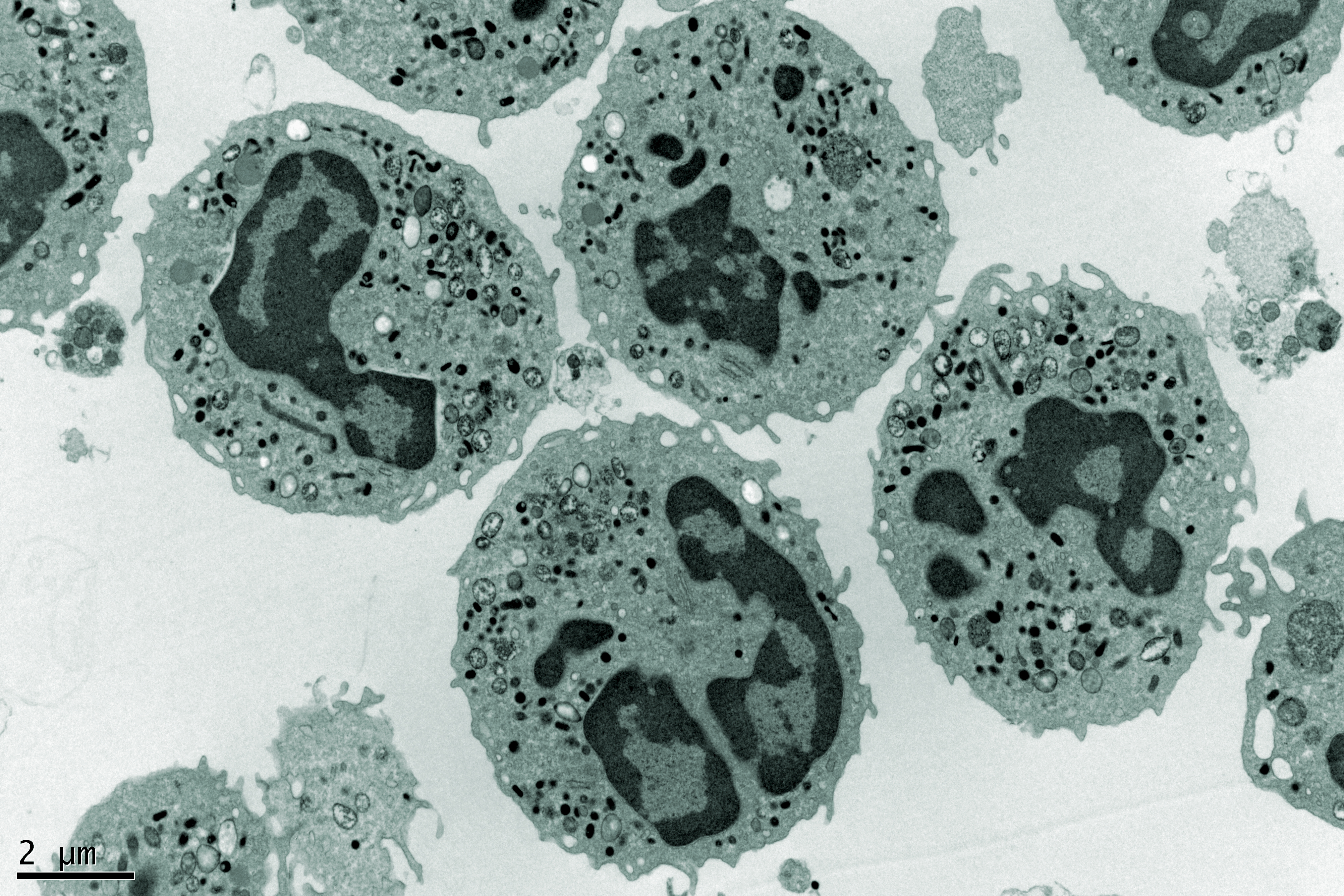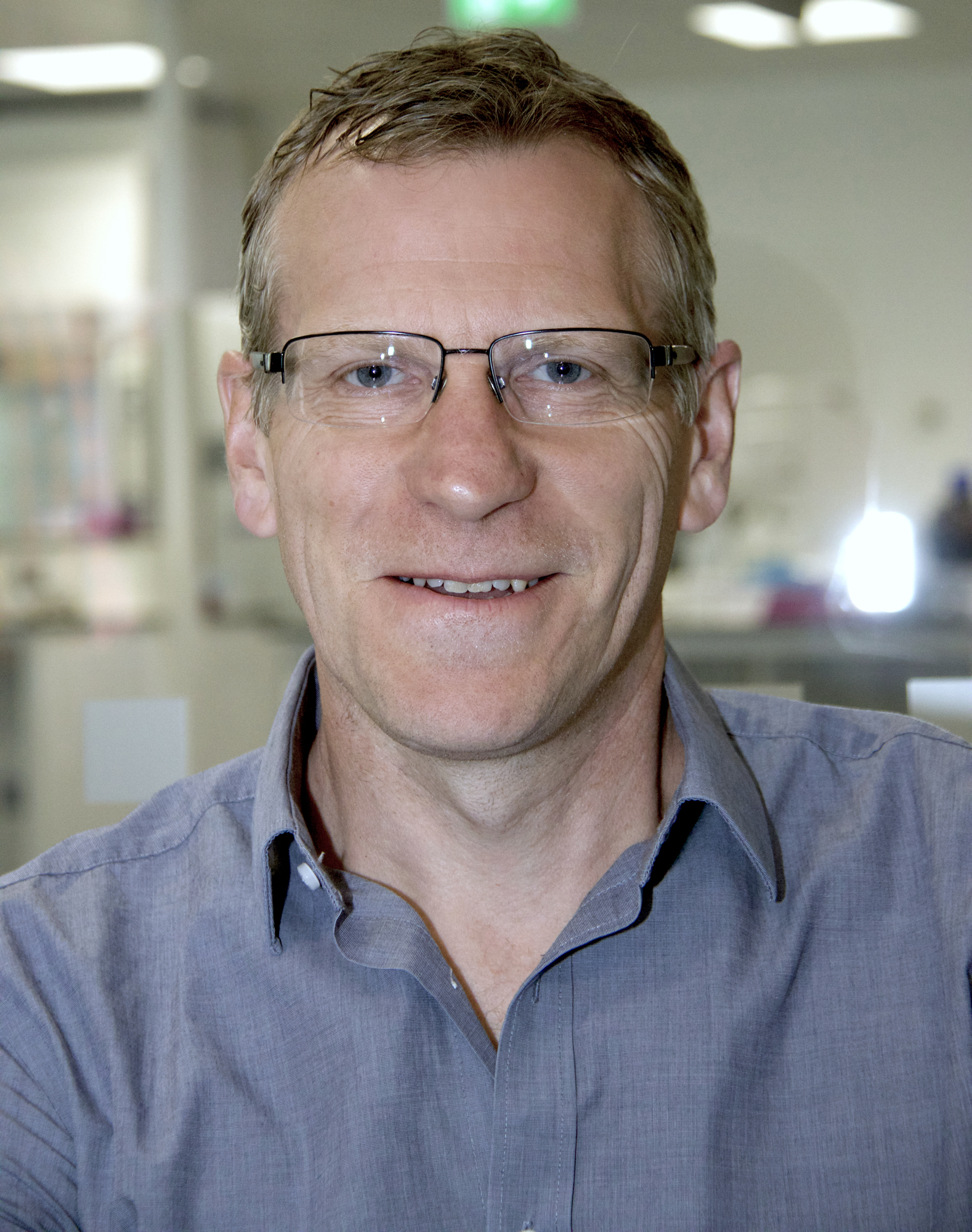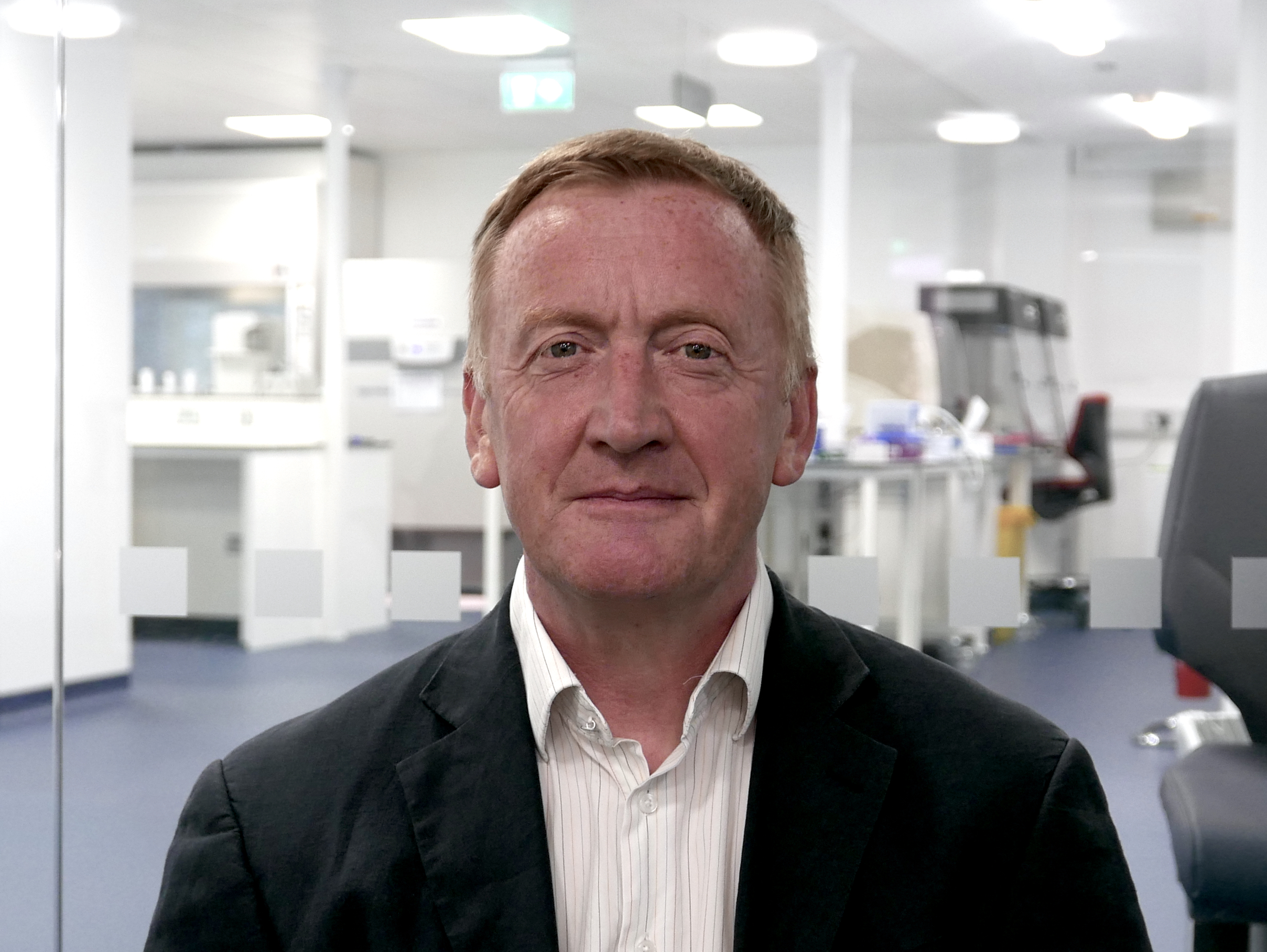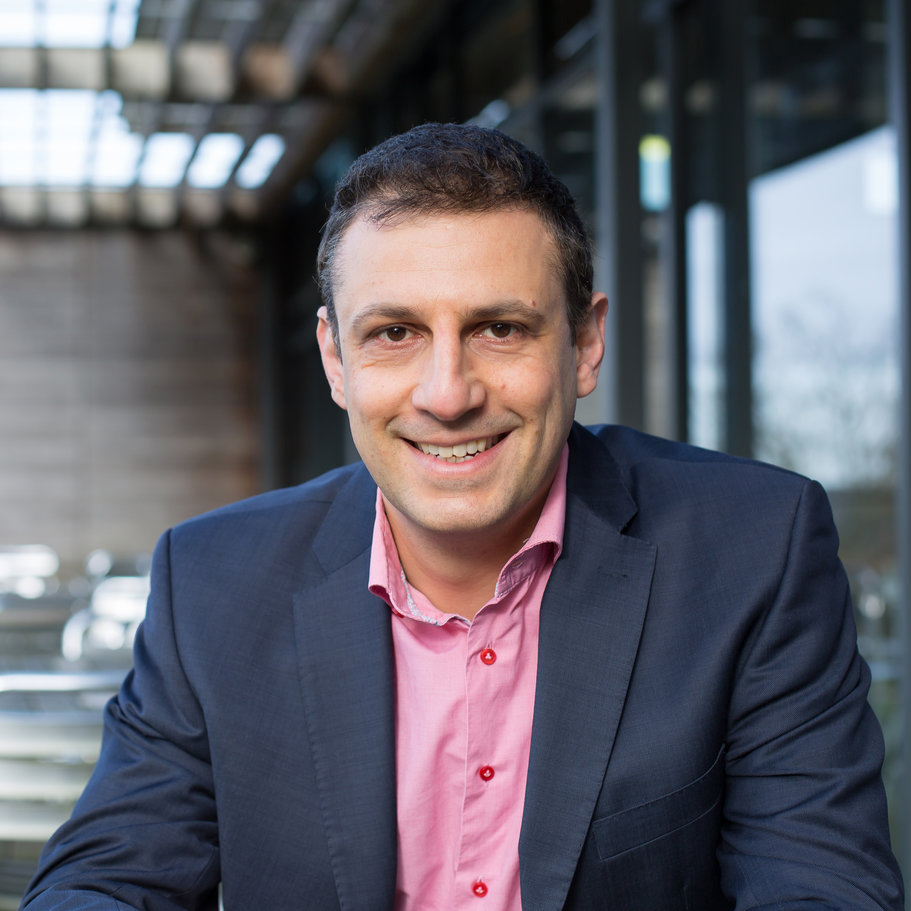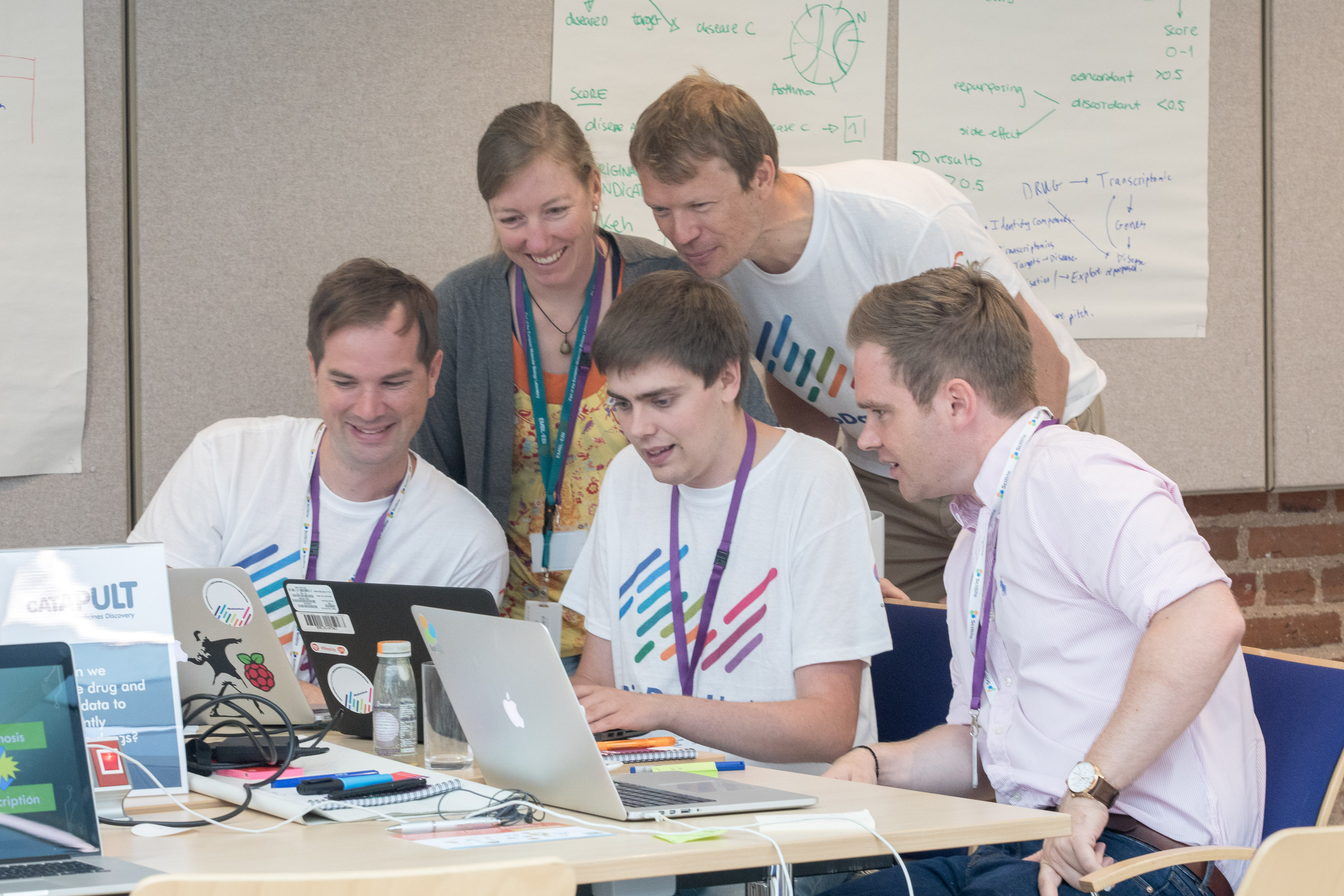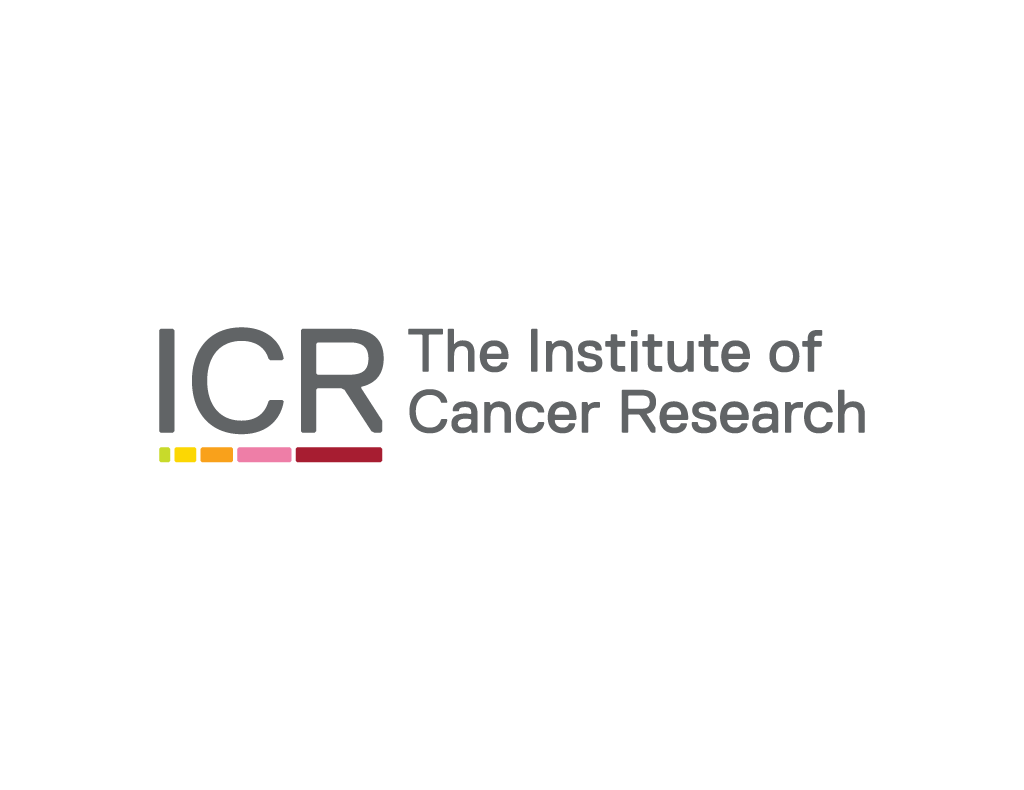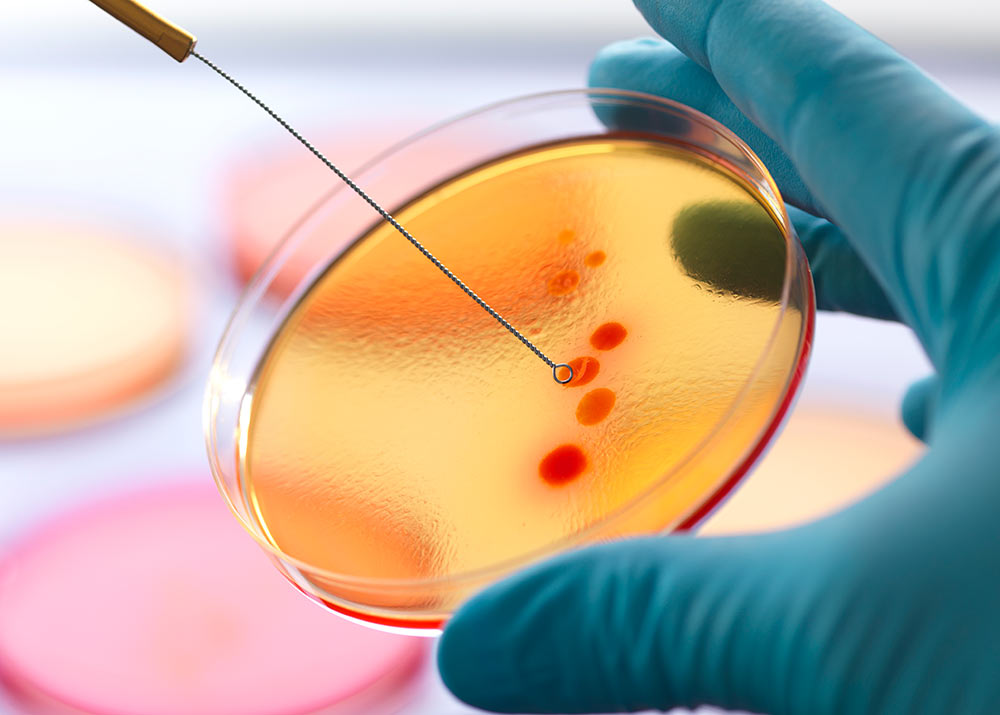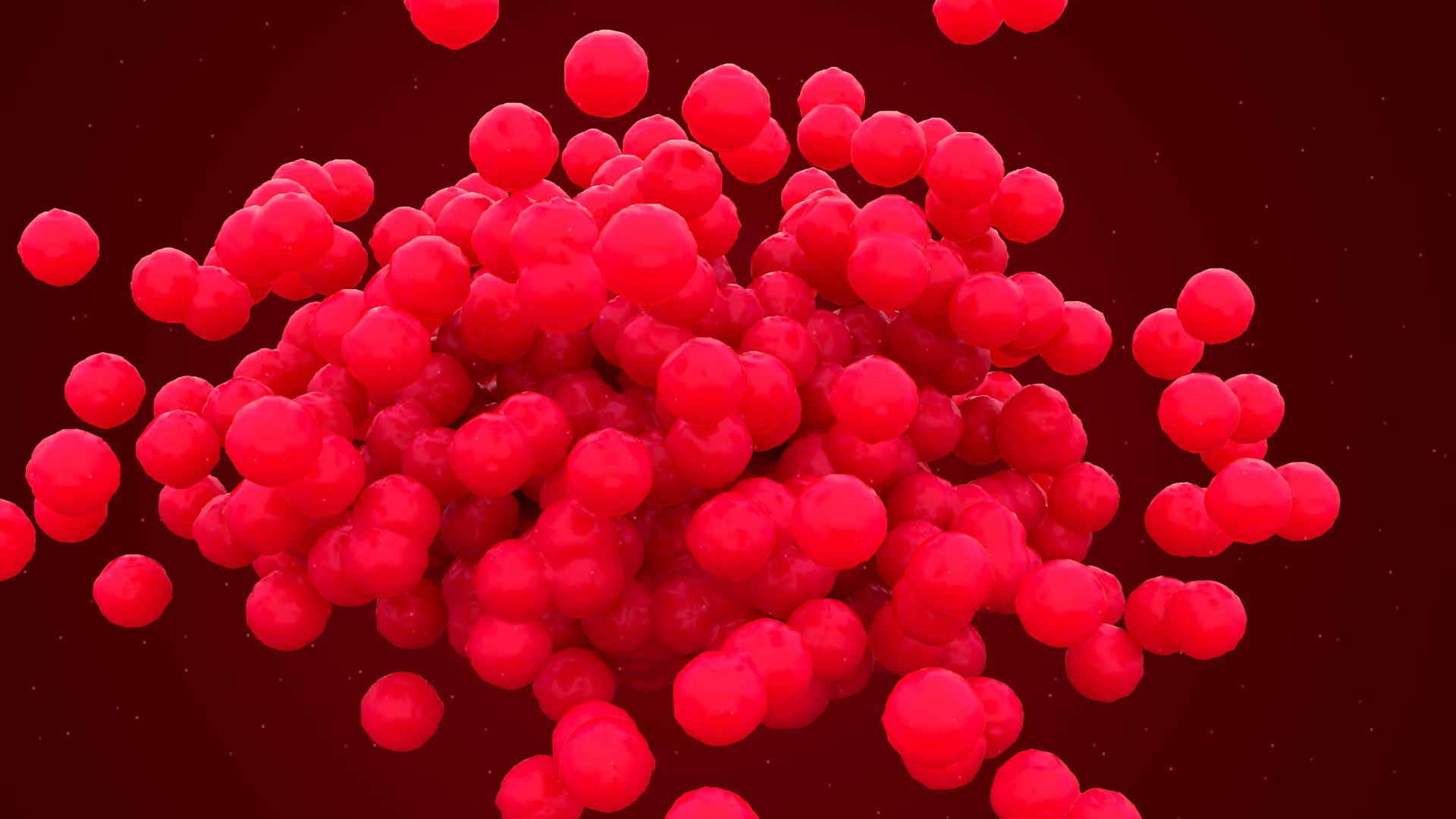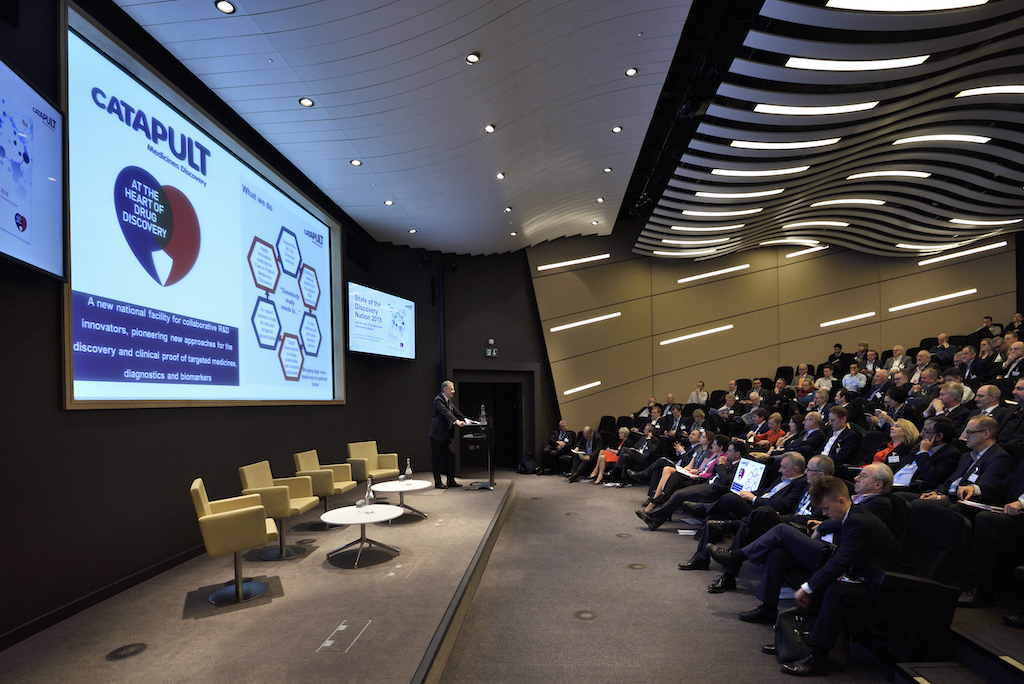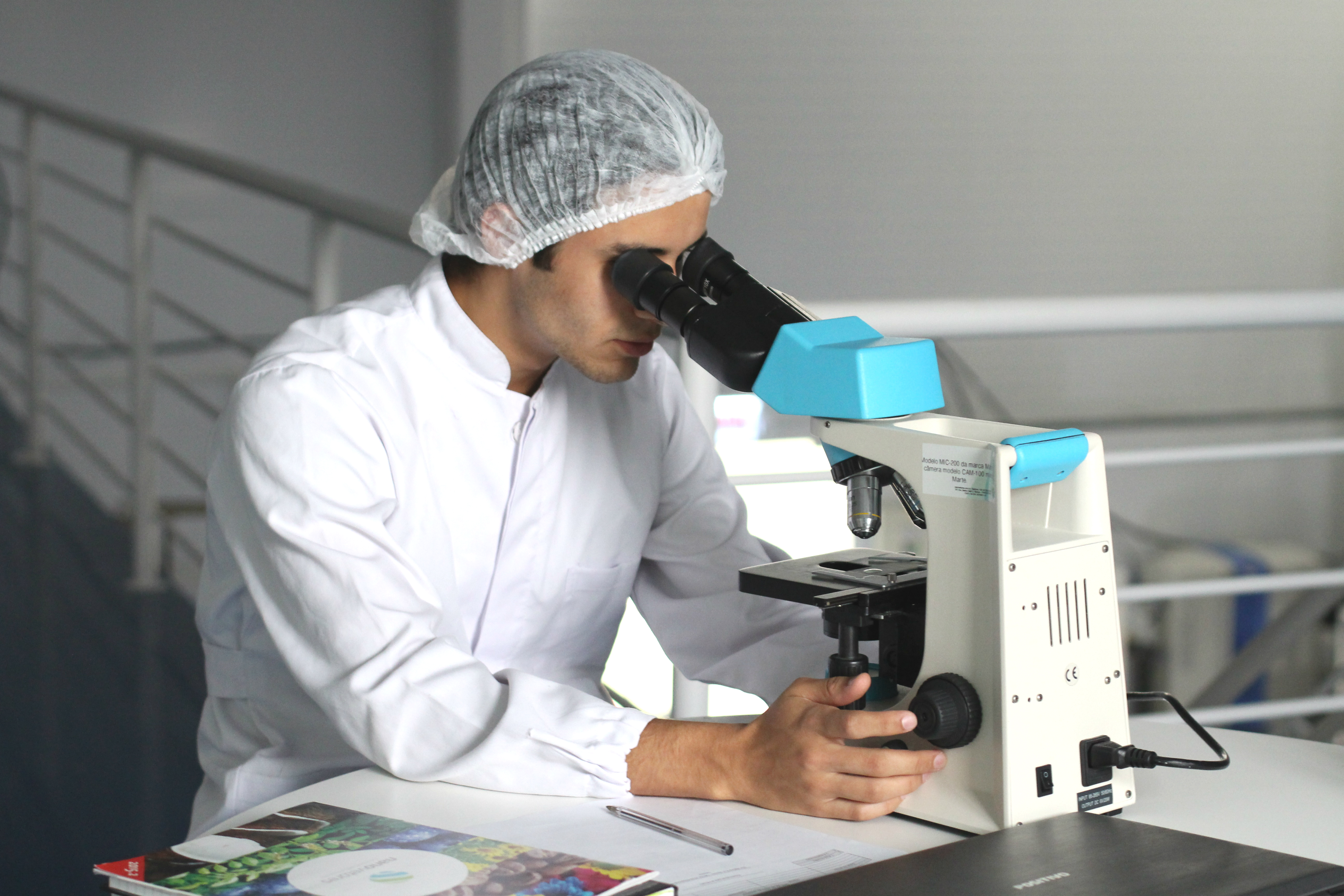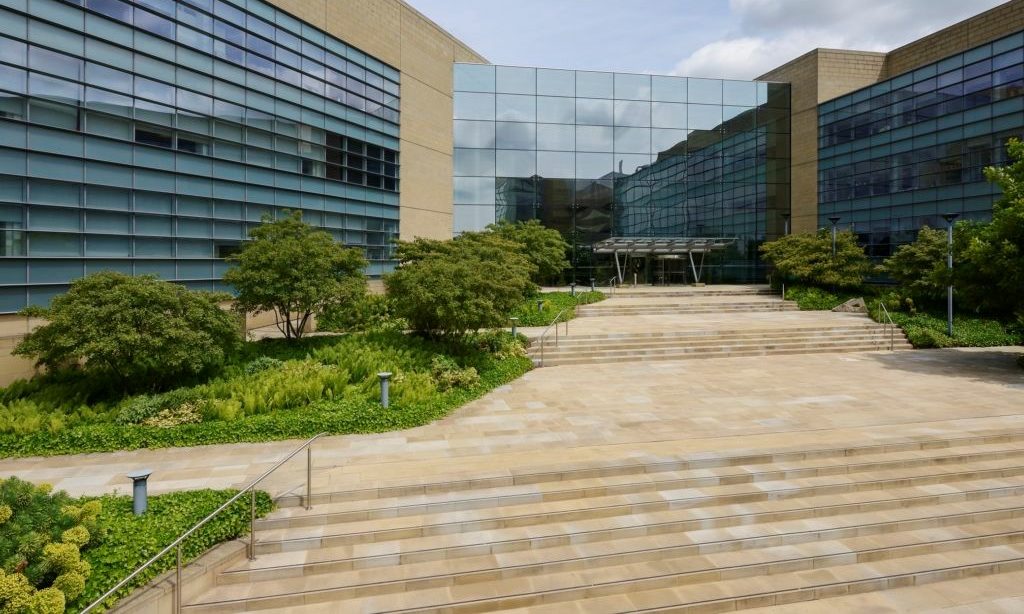The costs of treating ageing and age-related conditions are significant. In the UK, the cost of treatment in the over-60 age group consumes over 40% of the annual NHS budget, totalling over £56Bn – with around £10Bn being spent on frail patients. The WHO projects by 2050 the world’s population of people aged 60 years and older will double to 2.1 billion, these population dynamics and the associated costs will have significant implications for healthcare. Healthy ageing could dramatically affect overall health, supported by the development of new drugs to treat these conditions.
The UK government recently restated their Grand Challenge Missions, which include ensuring people can enjoy an extra five years of healthy, independent life by 2035. The Life Sciences Vision (2021) has additionally identified addressing the underlying biology of ageing and utilising this to discover new diagnostic, therapeutic and MedTech interventions as one of the Great Healthcare Challenges. The UK SPINE project was established to use knowledge exchange to accelerate the discovery, development and testing of new therapeutics to address ageing and age-related diseases in response to this global challenge.
Bringing together Medicines Discovery Catapult and the University of Dundee’s Drug Discovery Unit, alongside the Universities of Oxford and Birmingham, the Francis Crick Institute, and the European Bioinformatics Institute, UK SPINE has embarked upon a structured programme of activity to drive advances in this area of critical patient and societal need.
Since 2018, UK SPINE, with funding from Research England, has built a vibrant knowledge exchange network and funded over 40 projects, the core of which has been the development of a ‘porous’ drug discovery pipeline. Many of these projects have now resulted in published research papers, datasets, methods, and the identification of new compounds and two new clinical studies have been initiated.
With its mission of promoting knowledge exchange, UK SPINE has engaged hundreds of stakeholders, creating a flow of knowledge and innovation between academic and commercial partners. It has run over 20 events, from specialist expert roundtables to annual conferences and online webinars.
The most recent of these events was the 2022 Annual Conference, held in partnership with MDC at their headquarters in Alderley Park, Cheshire, which brought together the broader geroscience community and provided a platform to discuss the development, approval and adoption of therapeutics to treat multiple age-related conditions.
The work of UK SPINE in galvanising the geroscience community was recently highlighted through a host of high-level thought leadership activities throughout November.
- The quality of content delivered through the UK SPINE 2022 Annual Conference was recognised, with Nature Aging publishing ‘Healthspan versus lifespan: new medicines to close the gap’ – a meeting report detailing each conference session and the opportunities for healthy ageing.
- Evidence Week 2022 saw UK SPINE representatives Dr Philippa Crane, Clare Denton and Dr Ghada Alsaleh (University of Oxford) and Dr Graeme Wilkinson (MDC) visit Westminster to engage with Parliamentarians around drug discovery in healthy ageing. The visit highlighted the need for future support, including increased funding, coordination, regulatory reform, and equitable access to new medicines developed.
- Coinciding with Evidence Week, Longevity Week 2022 saw UK SPINE collaborating with the Longevity Forum in a Science Summit event at Oxford University. Bringing together a host of speakers, the event saw academic experts including Prof Lynne Cox, Prof John Davies, Dr Harriet Teare and Dr James Edwards (University of Oxford), Dr Satomi Miwa (Newcastle University), Prof Evandro Fei Fang (University of Oslo), and Dr Thomas Jackson (University of Birmingham) along with industry specialists including Dr Graeme Wilkinson (MDC), Dr Ken Raj (Altos Labs), Dr Konstantinos Meichanetzidis (Quantinuum) and Dr Declan Doogan (Juvenescene), deliver a host of presentations and panel discussions.
UK SPINE has made significant contributions to the development of geroscience R&D in the UK. The work it has enabled will be used as a springboard for future projects between members of the consortium and beyond, with the ultimate aim of delivering new innovative medicines for unmet patient needs, allowing the UK to become a global leader in therapeutics for healthy ageing.
Dr Graeme Wilkinson, Head of Virtual R&D at Medicines Discovery Catapult, said:
“We are facing a global crisis with an ageing population and many people living in poor health in later life. This challenge has created an exciting new healthcare revolution that the UK is spearheading through the work of UK SPINE.
“The UK has the skills, expertise, and infrastructure in modern medicines discovery to develop and drive industry adoption of new and better treatments for diseases of ageing. As a core member of UK SPINE, Medicines Discovery Catapult is helping to harness this expertise – fostering geroscience innovation to accelerate the development of new medicines to address this critical patient need.
“We are already seeing the impact of this work, with new research and innovation due to the collaboration and knowledge exchange generated through UK SPINE, which will result in investment flowing into new biotechs and start-ups.”
To find out more about UK SPINE, please visit: https://www.kespine.org.uk/

